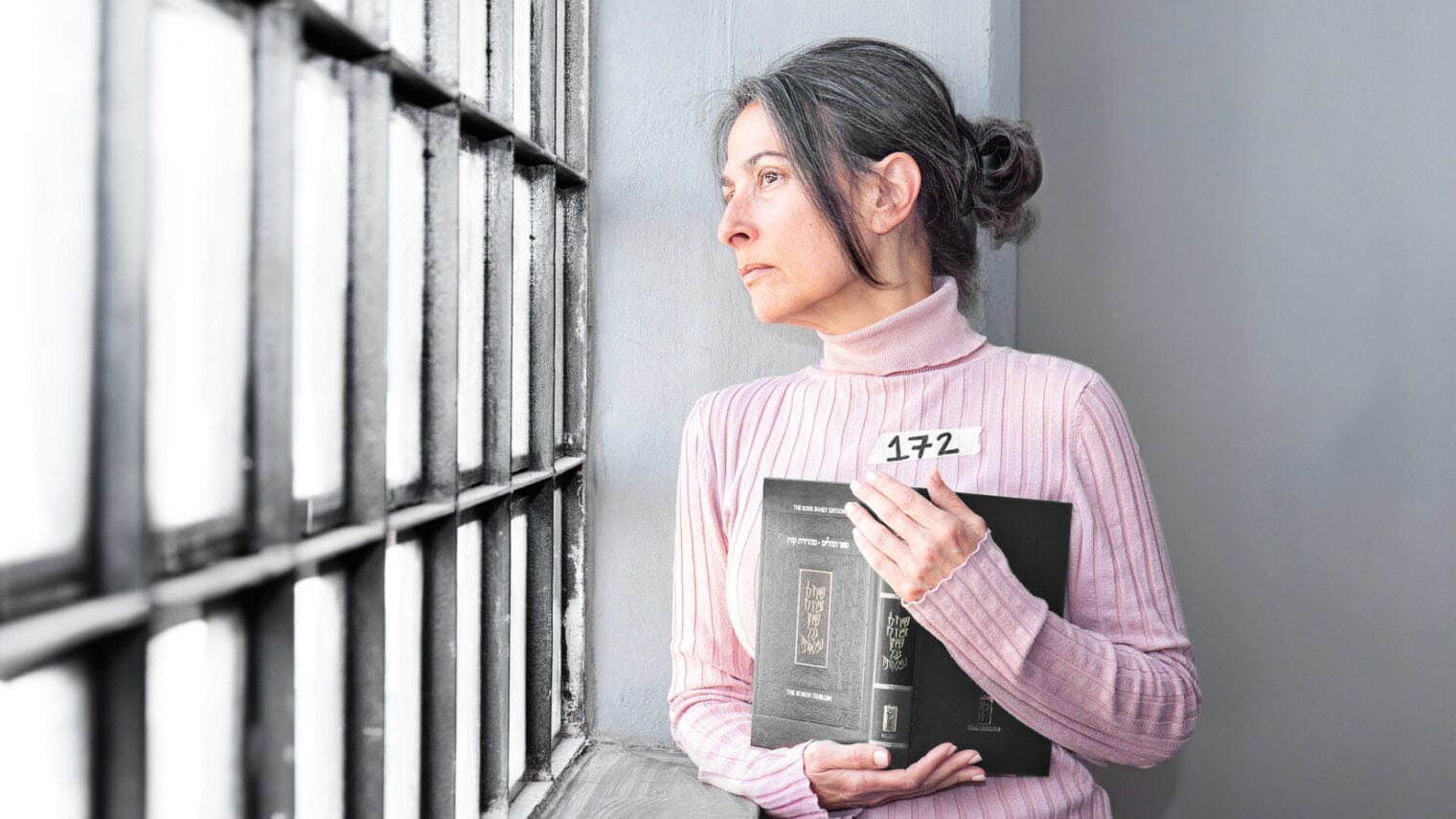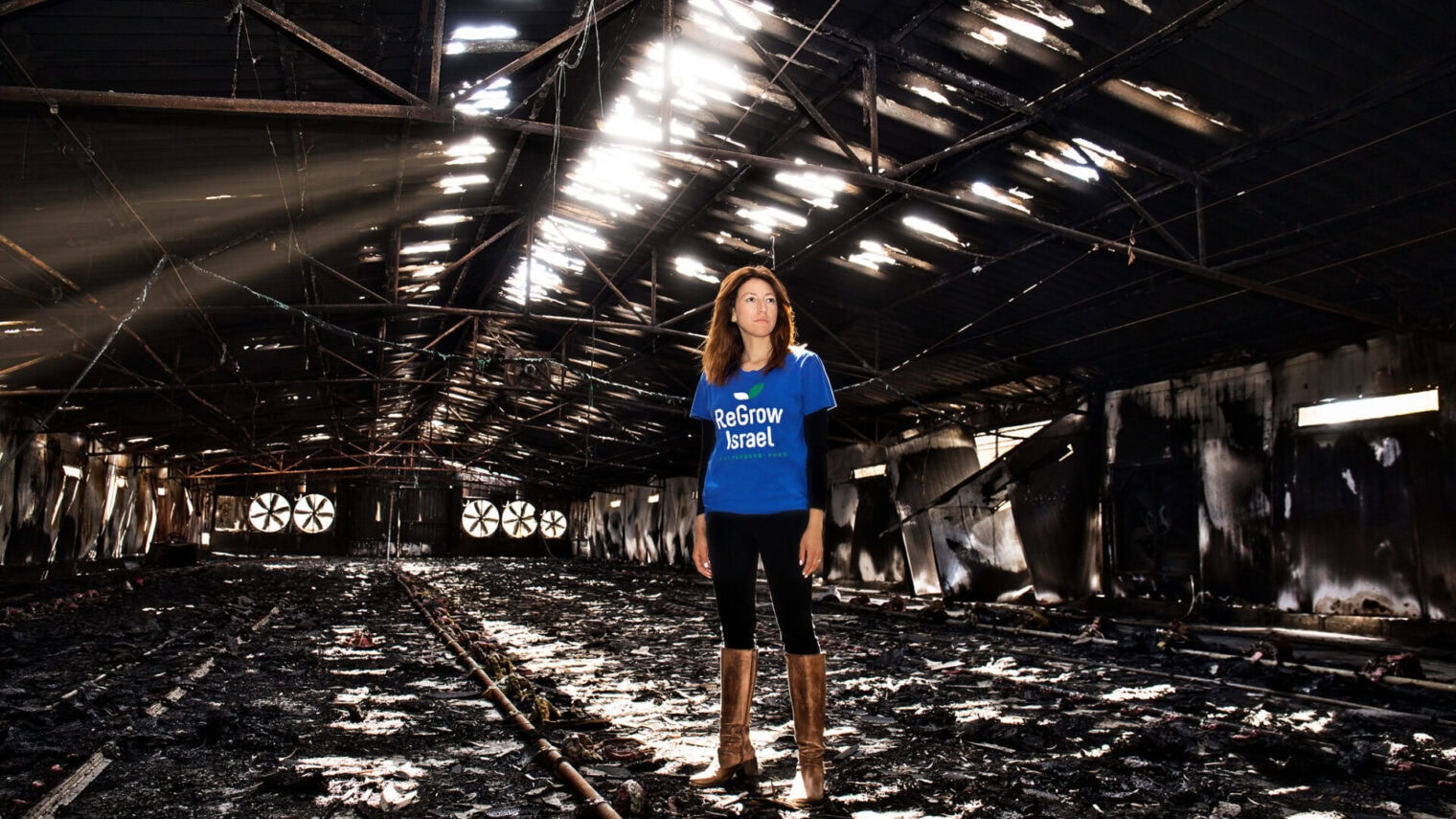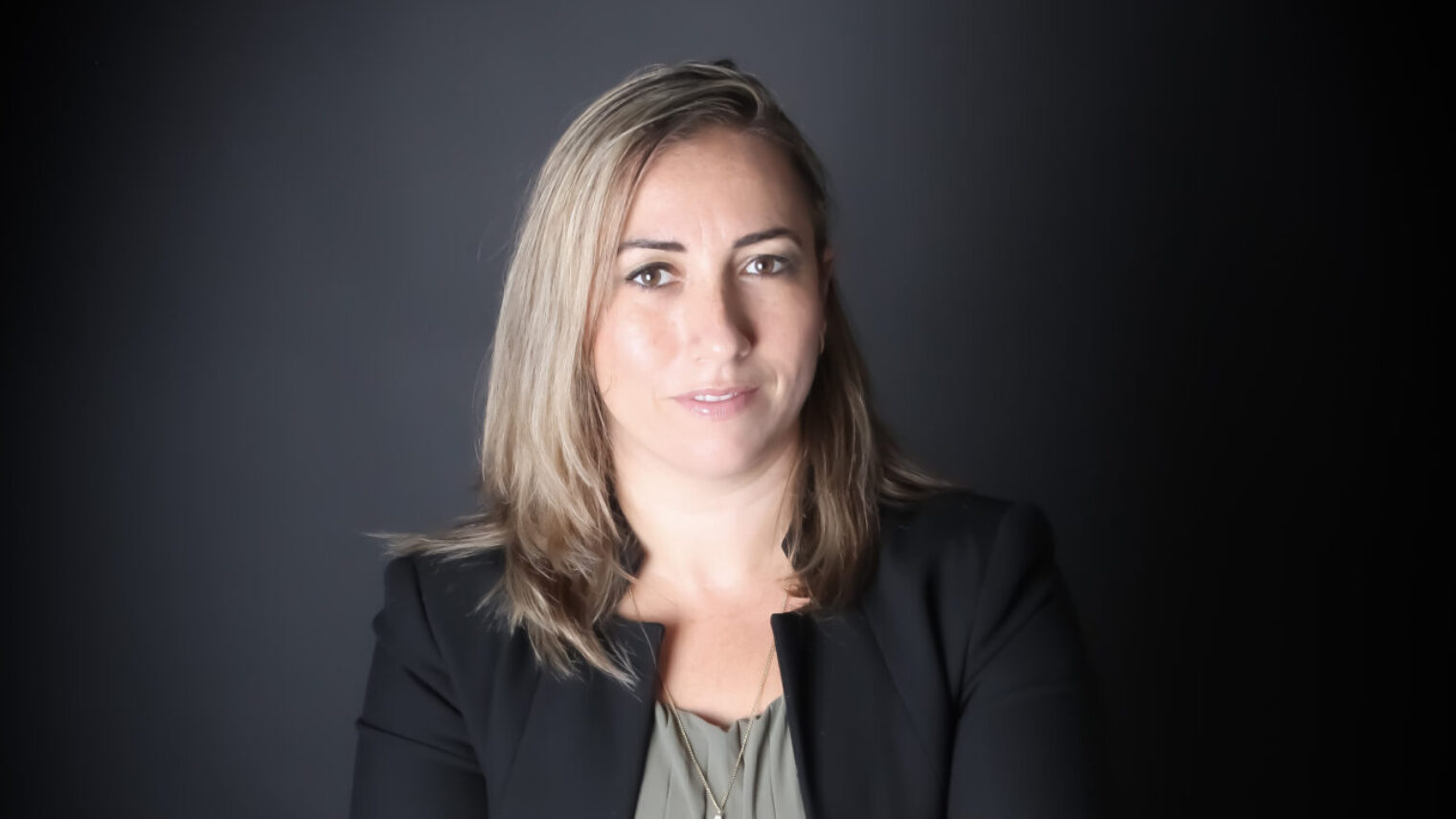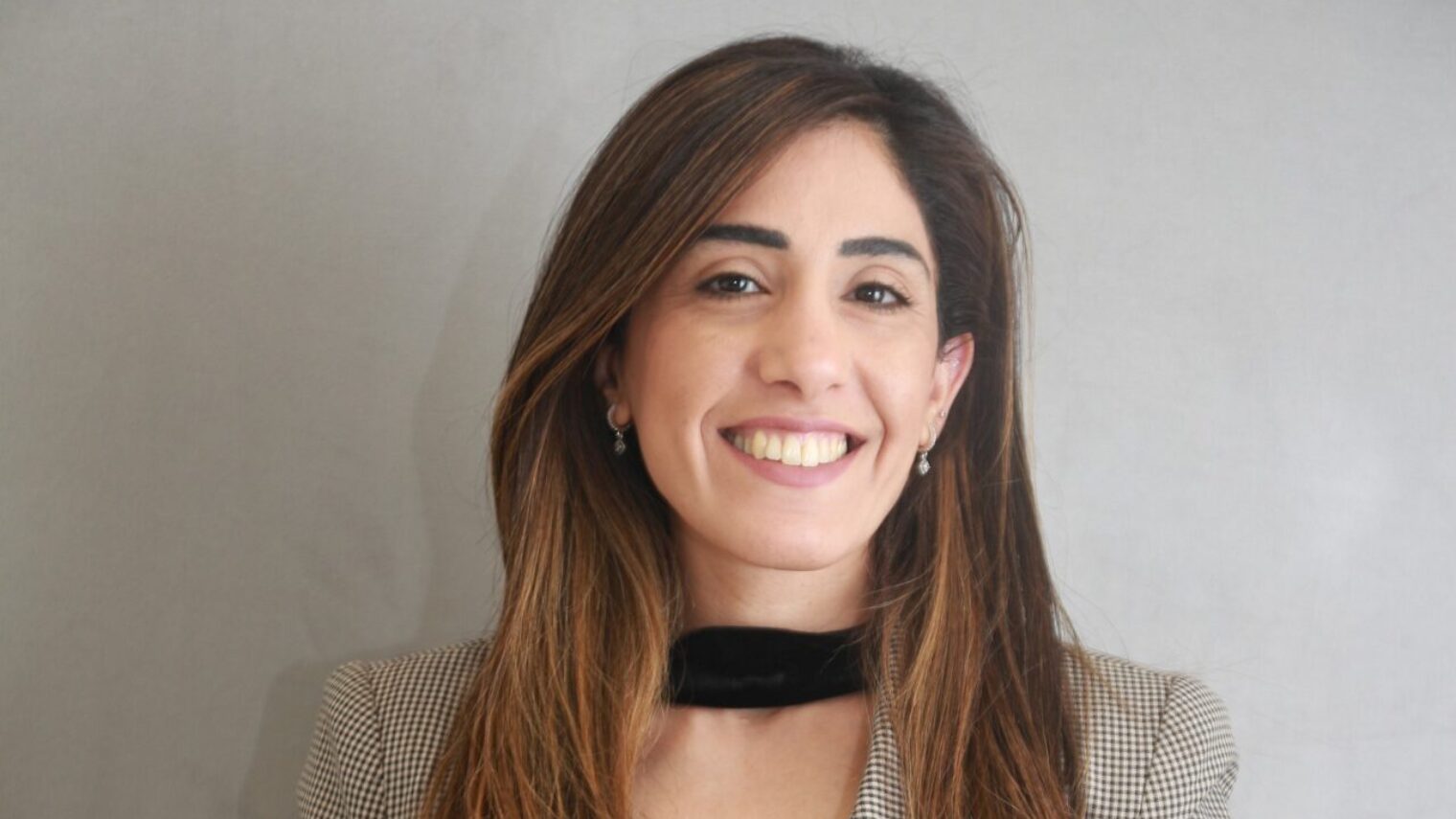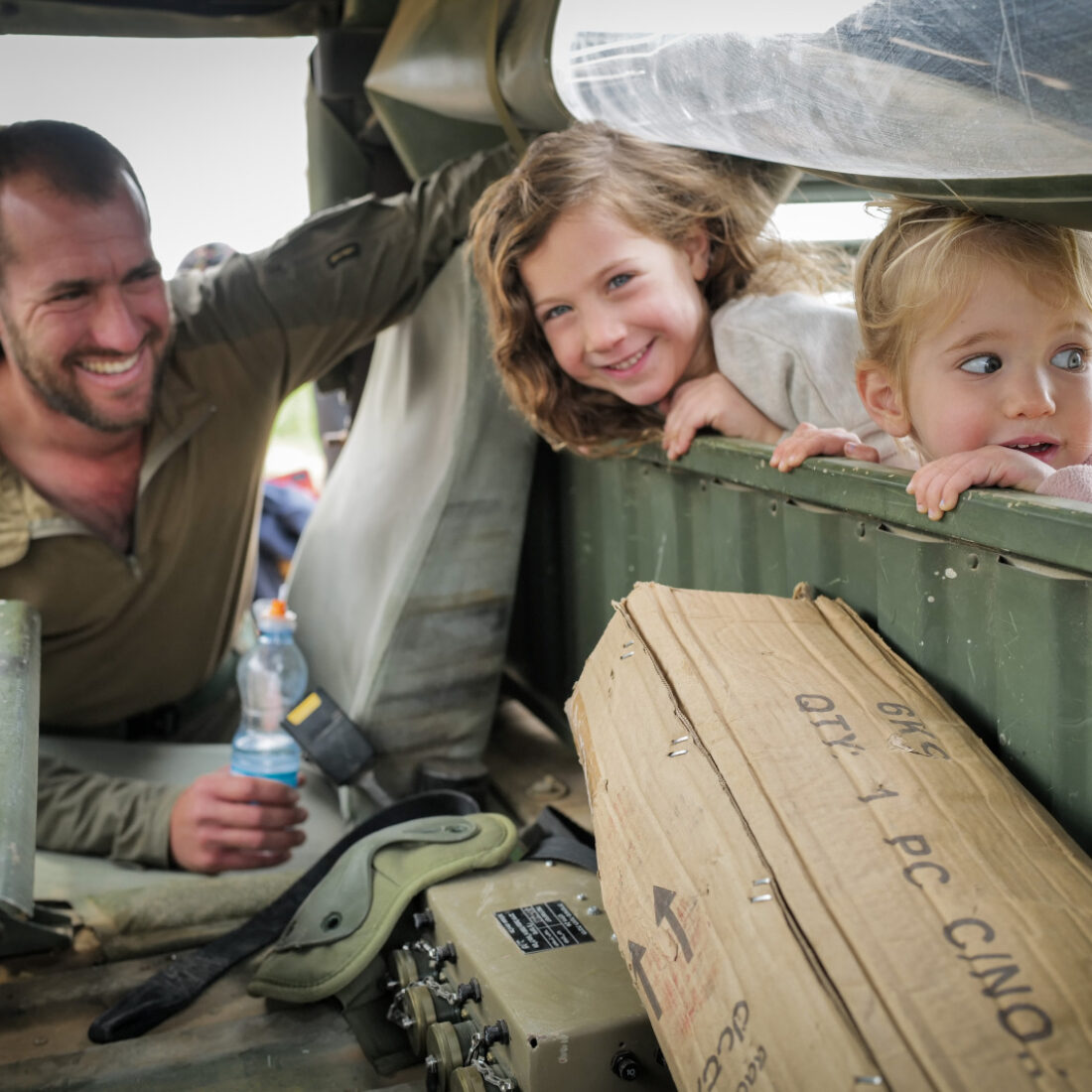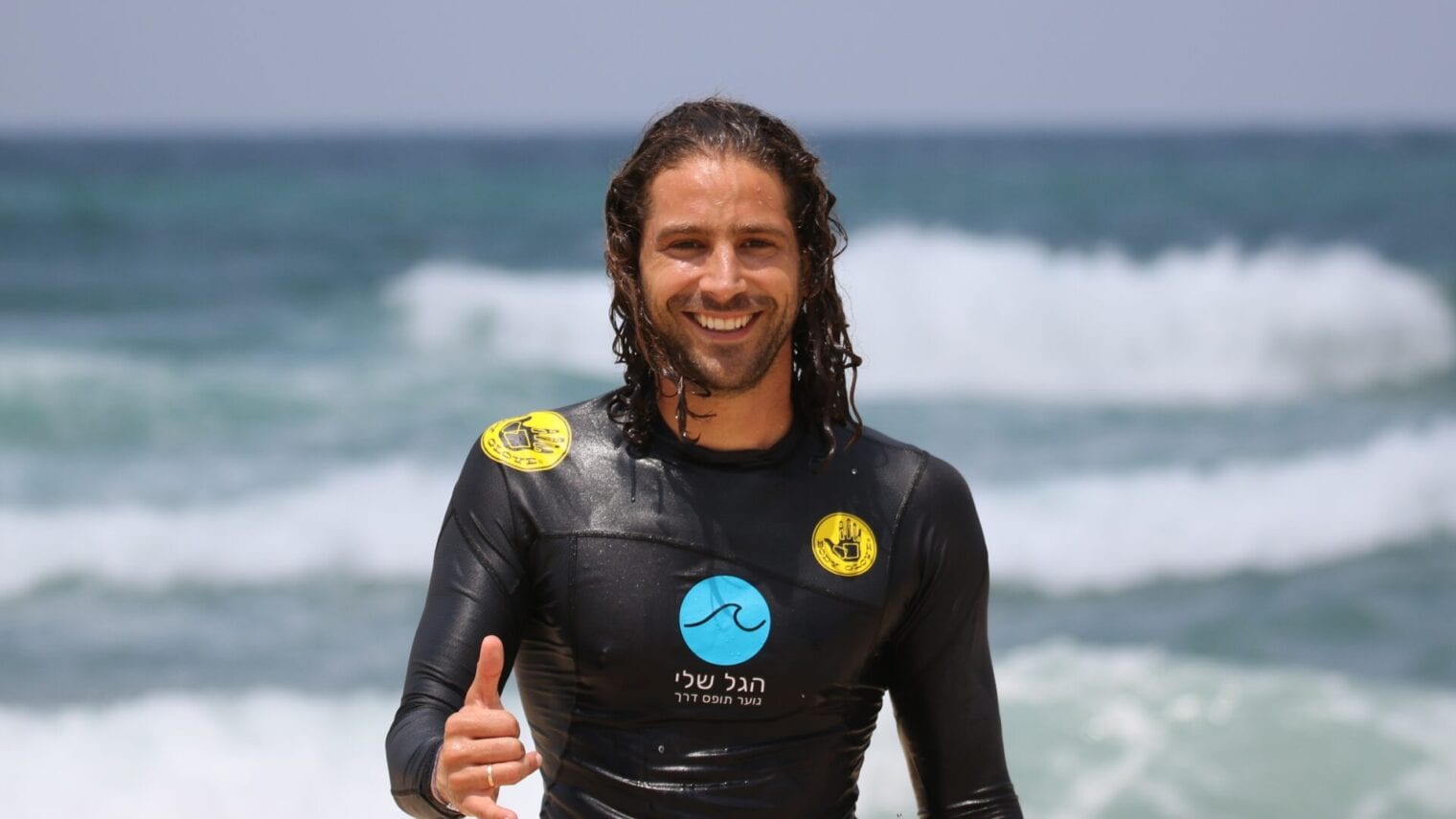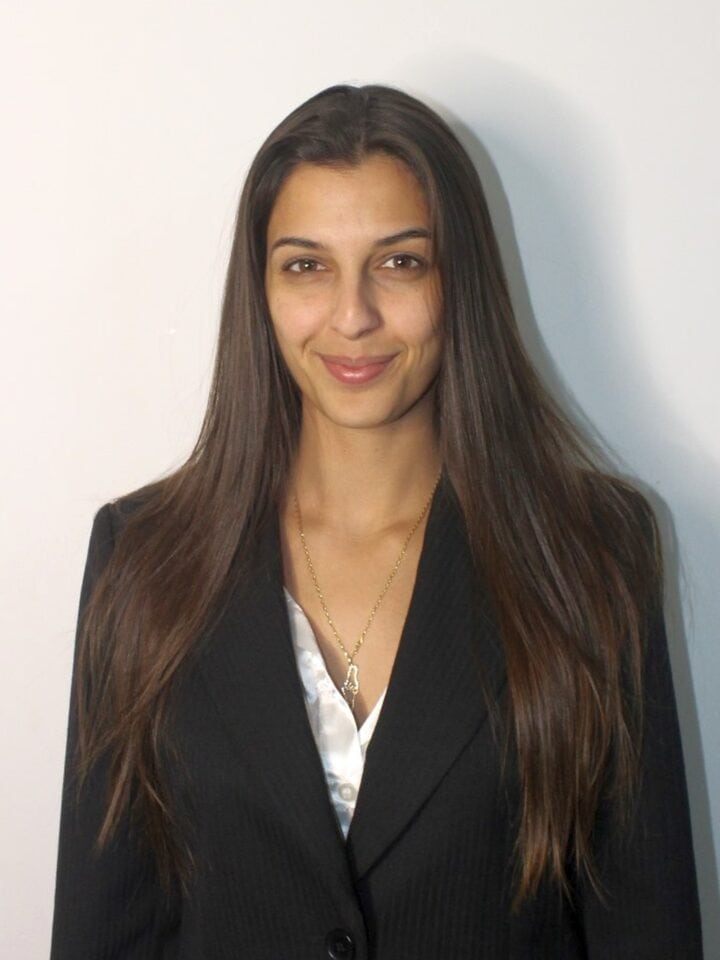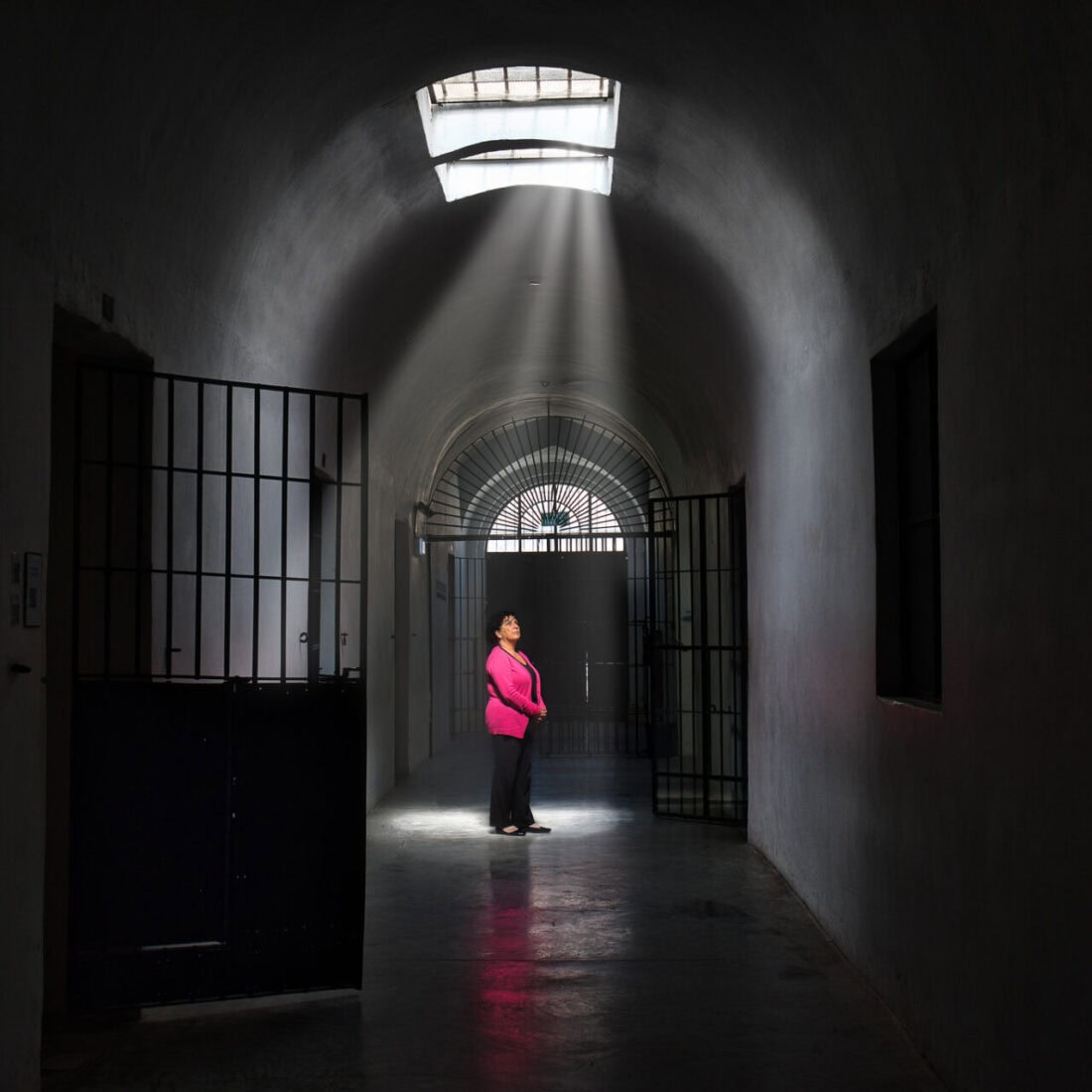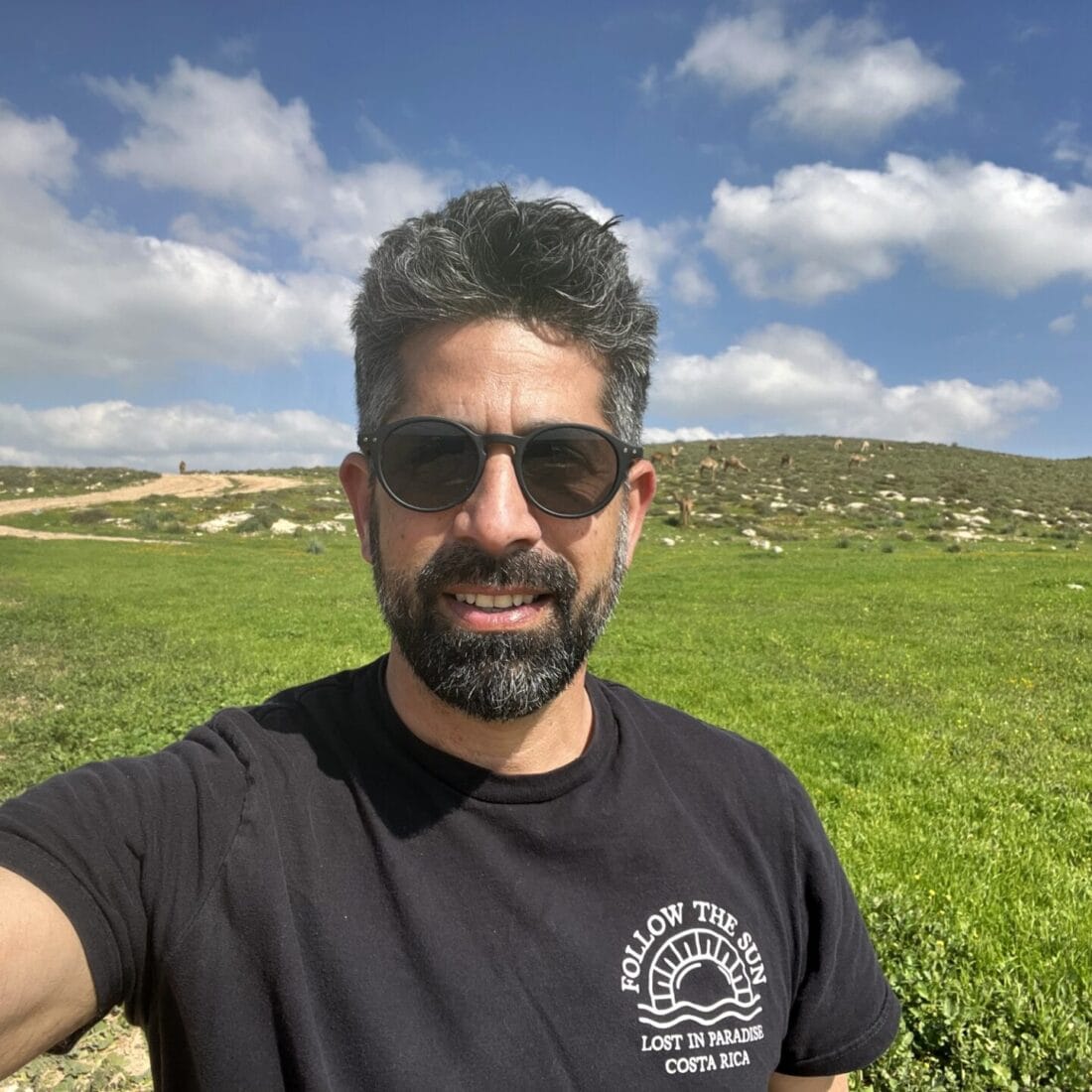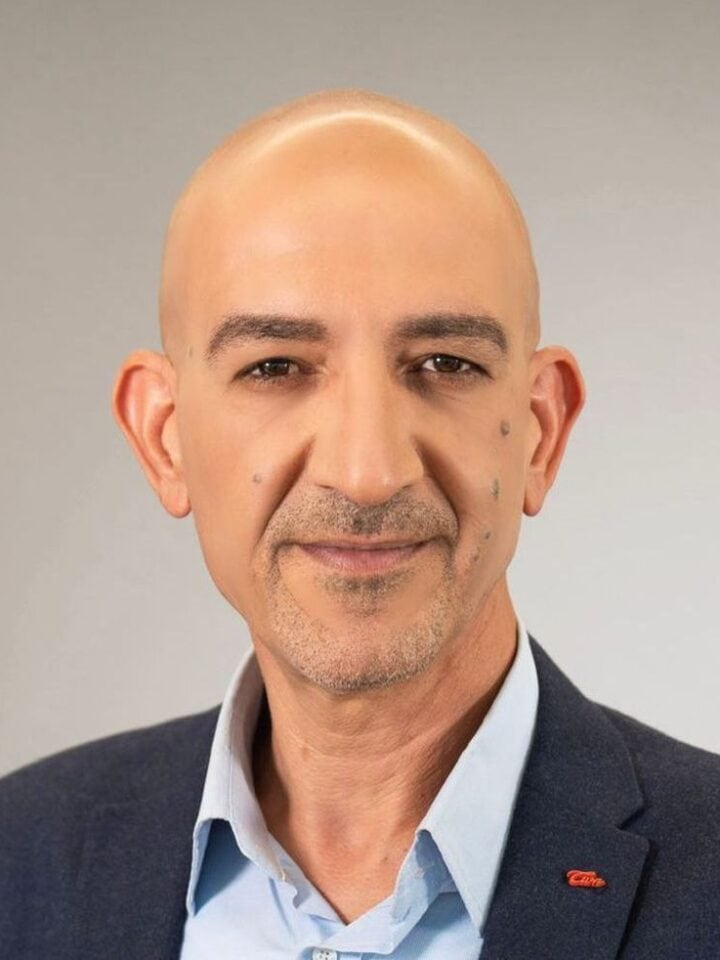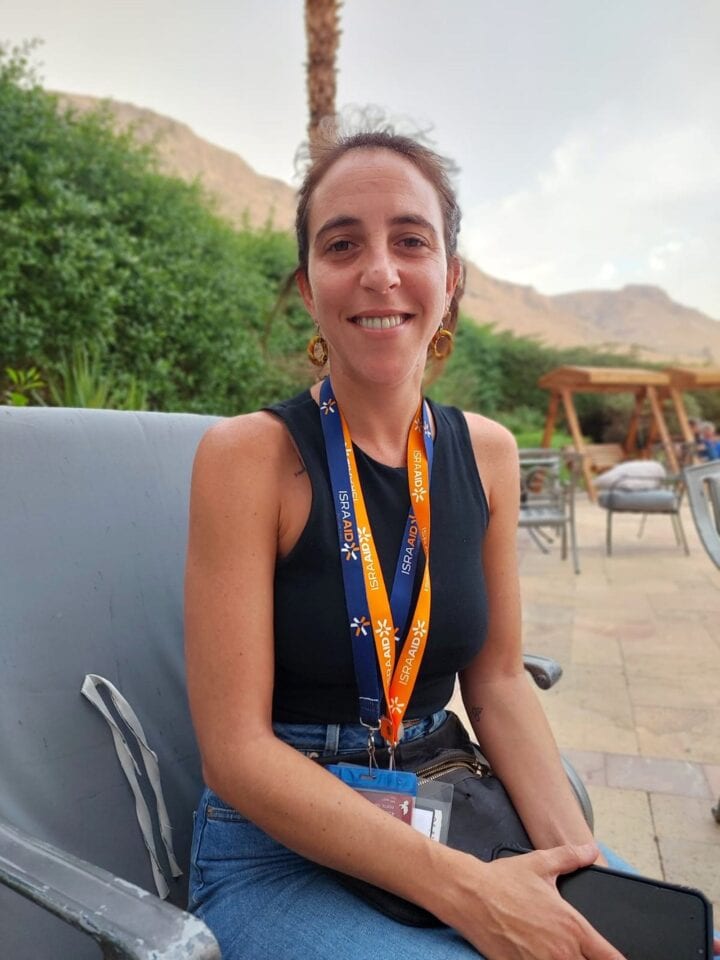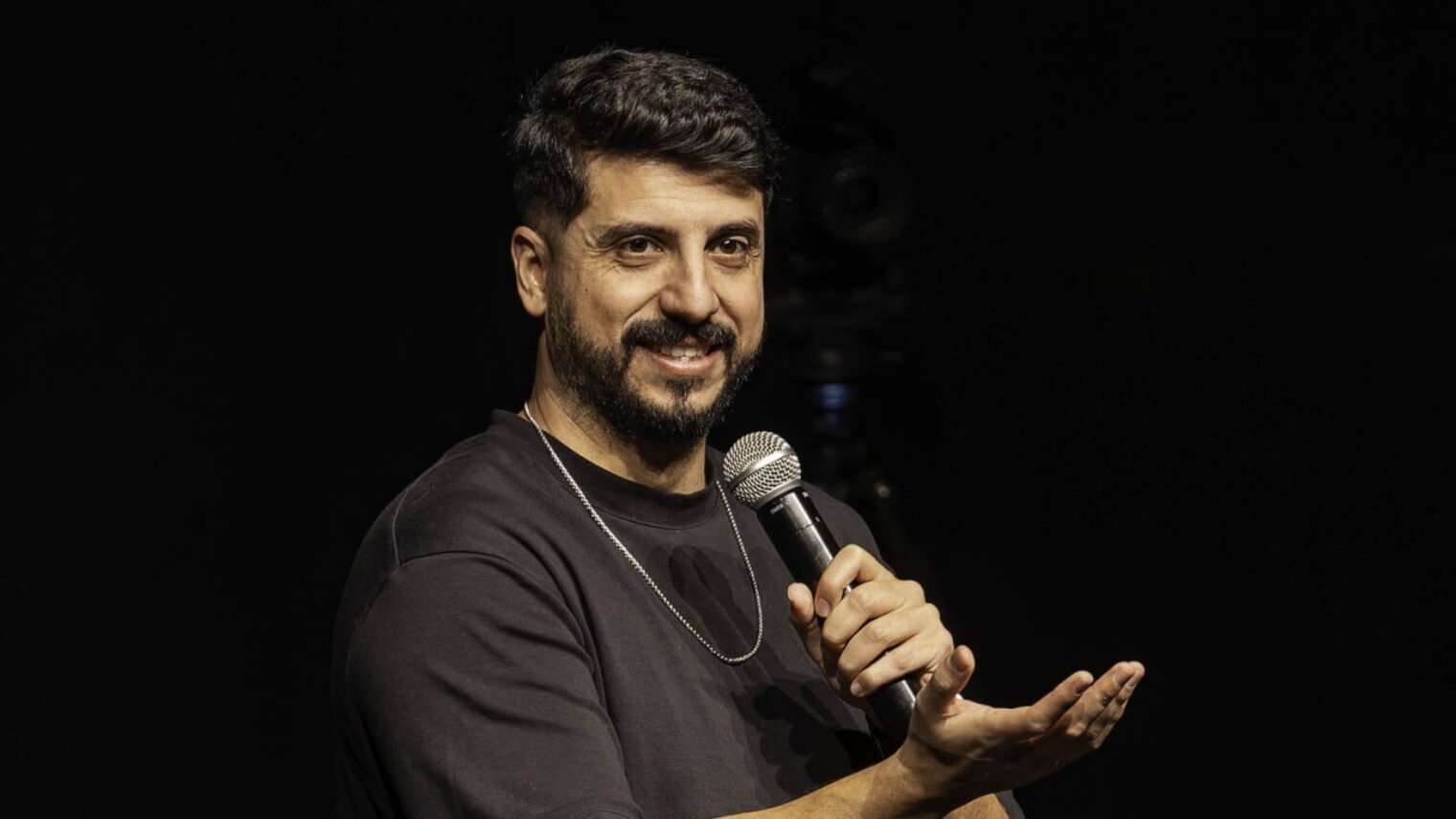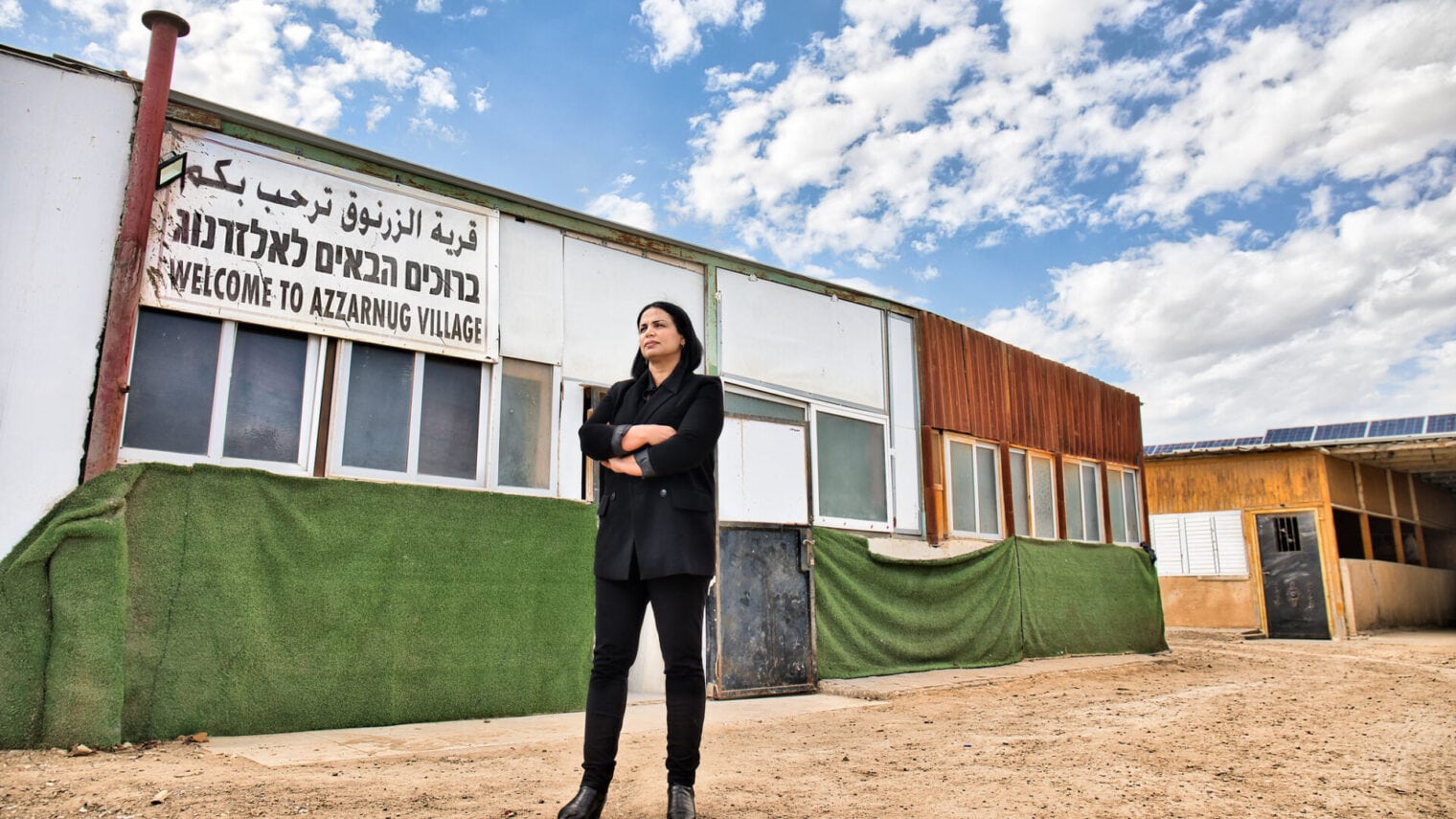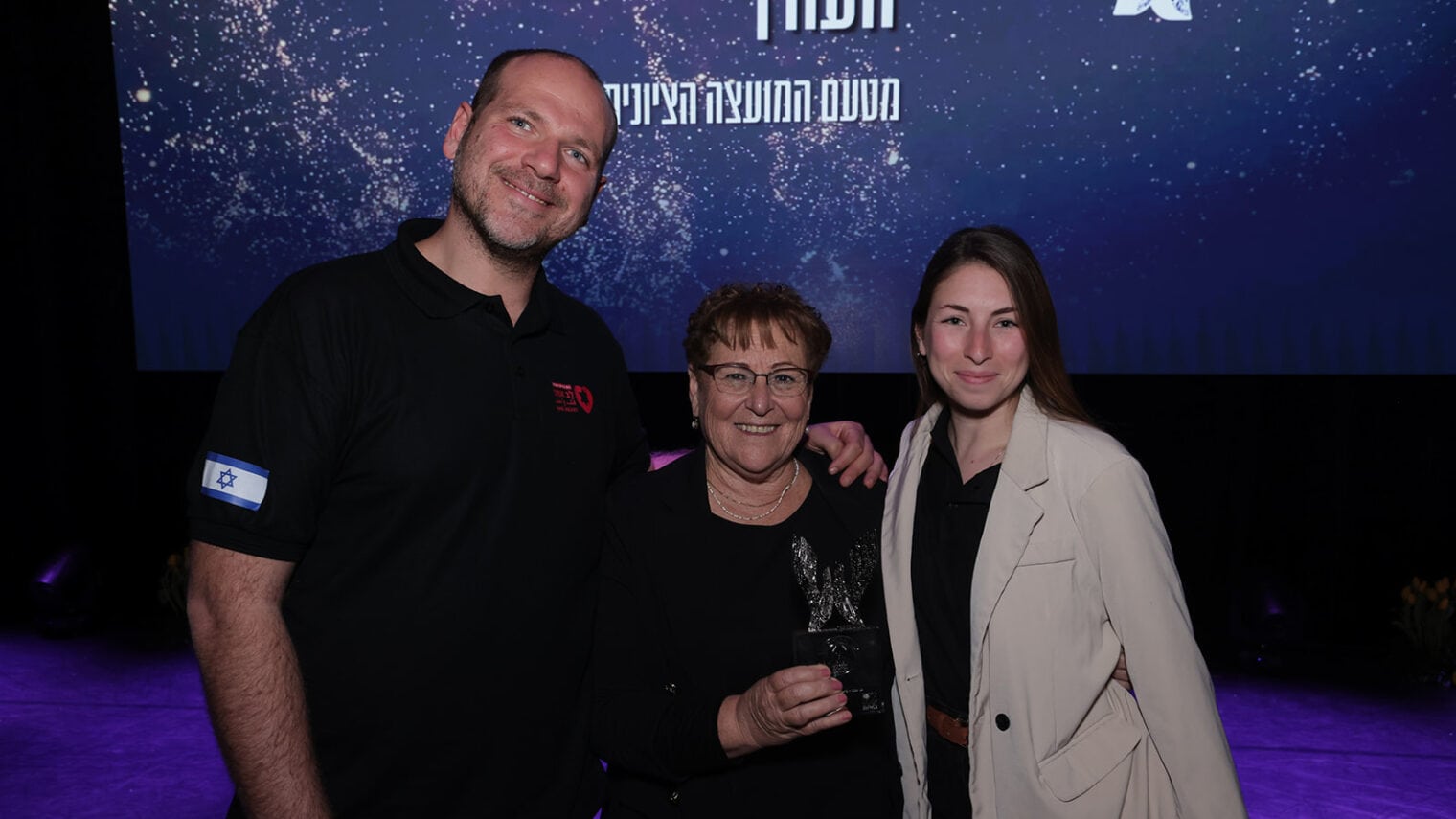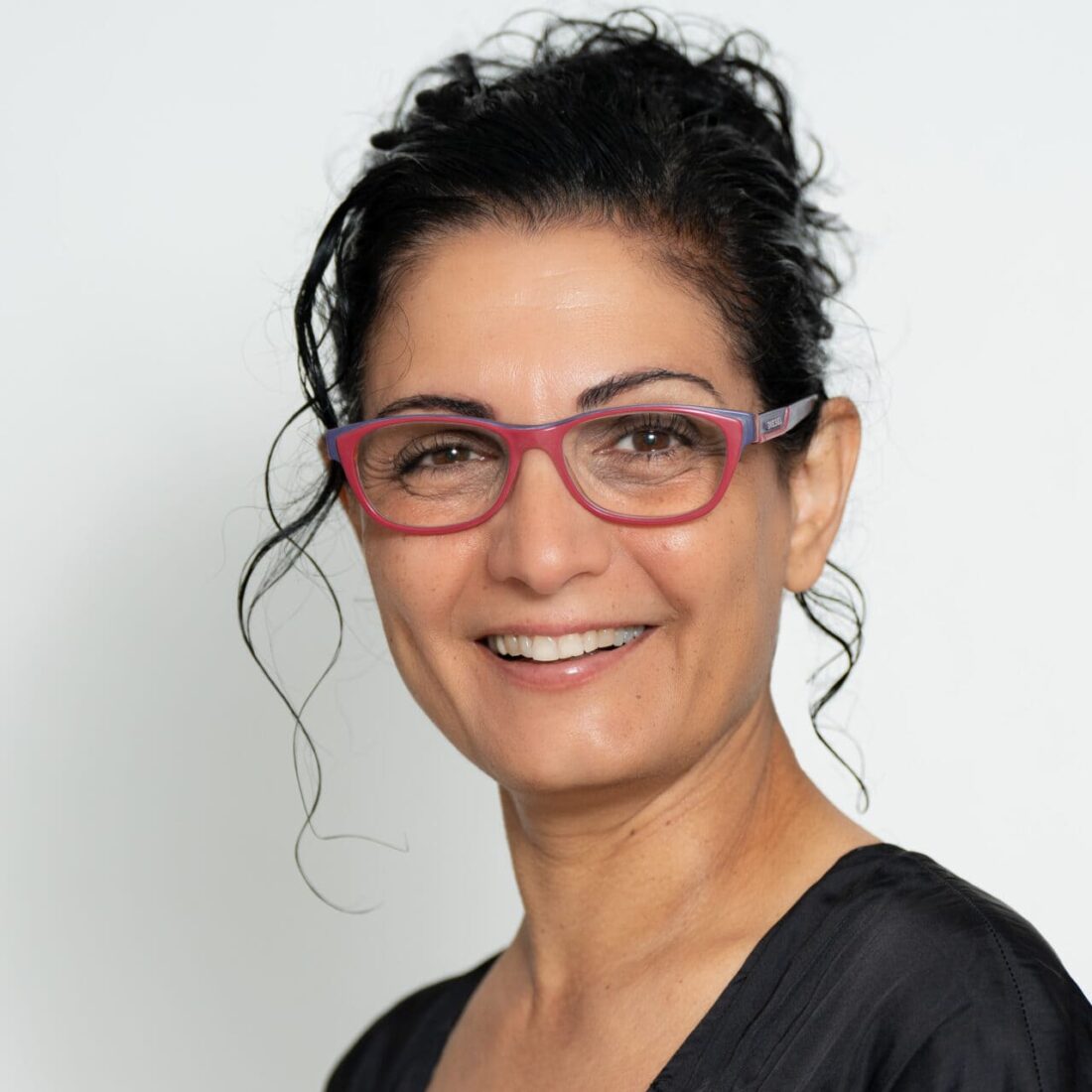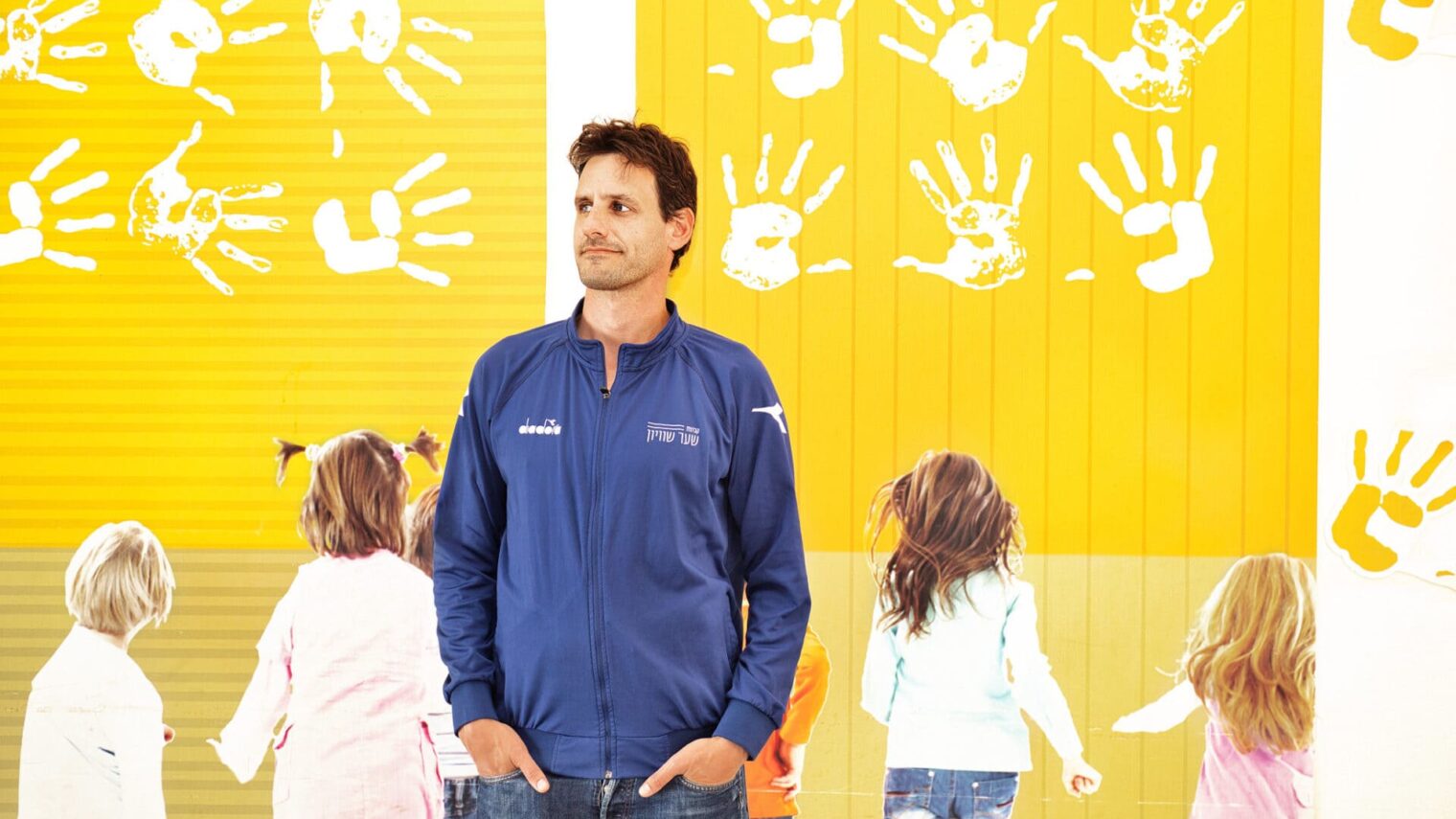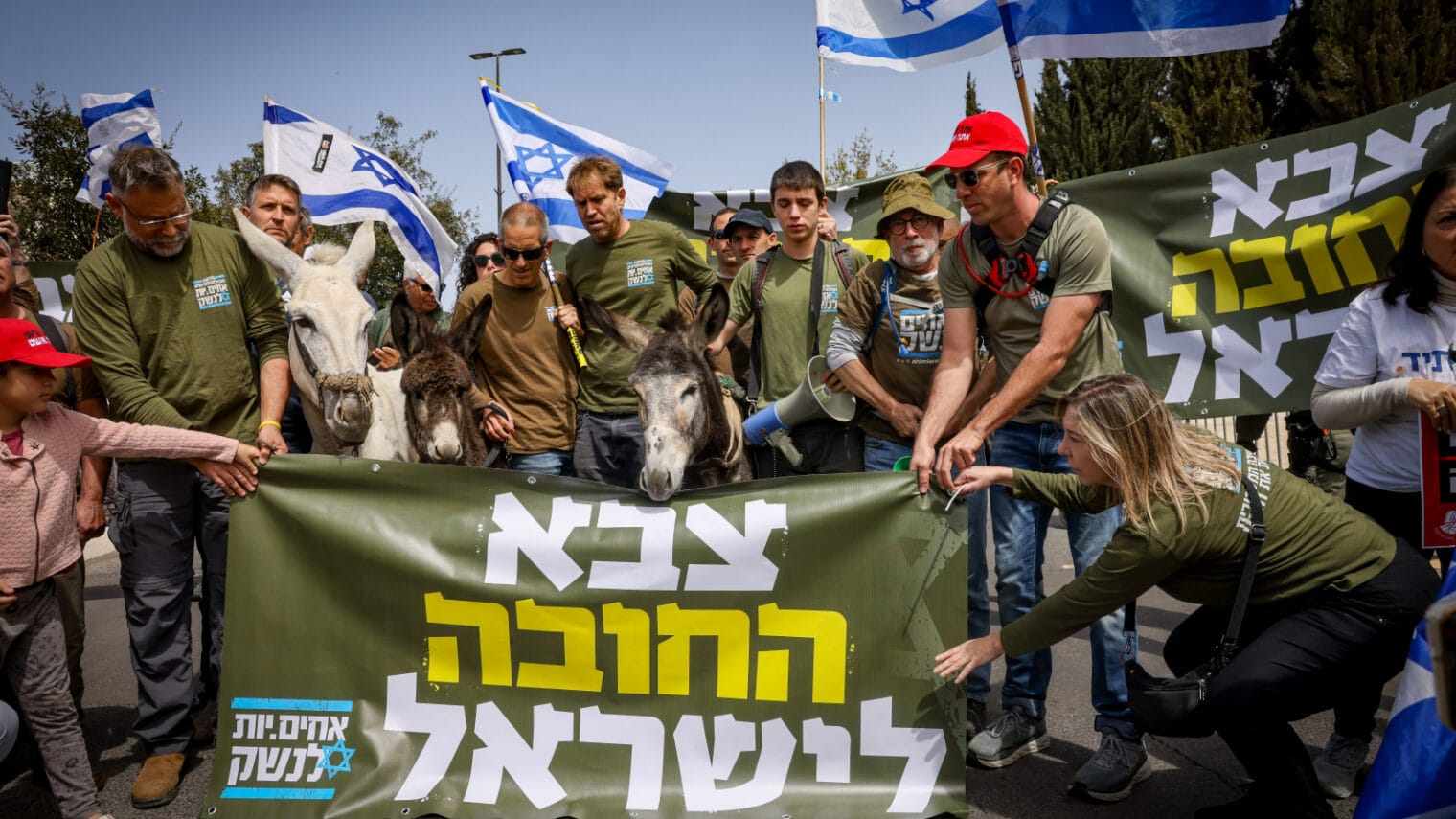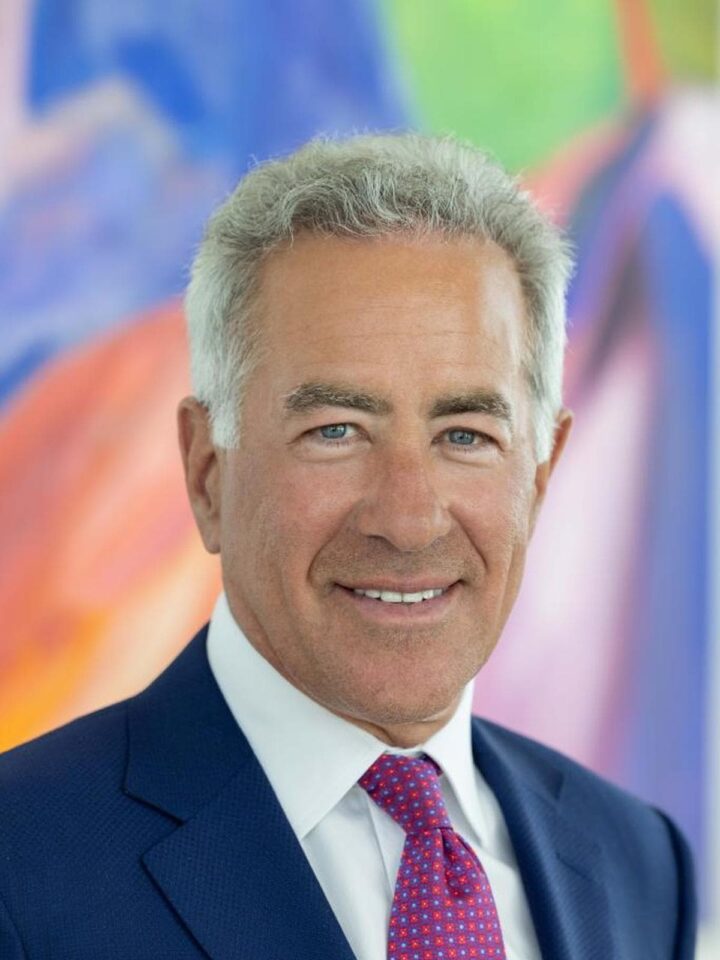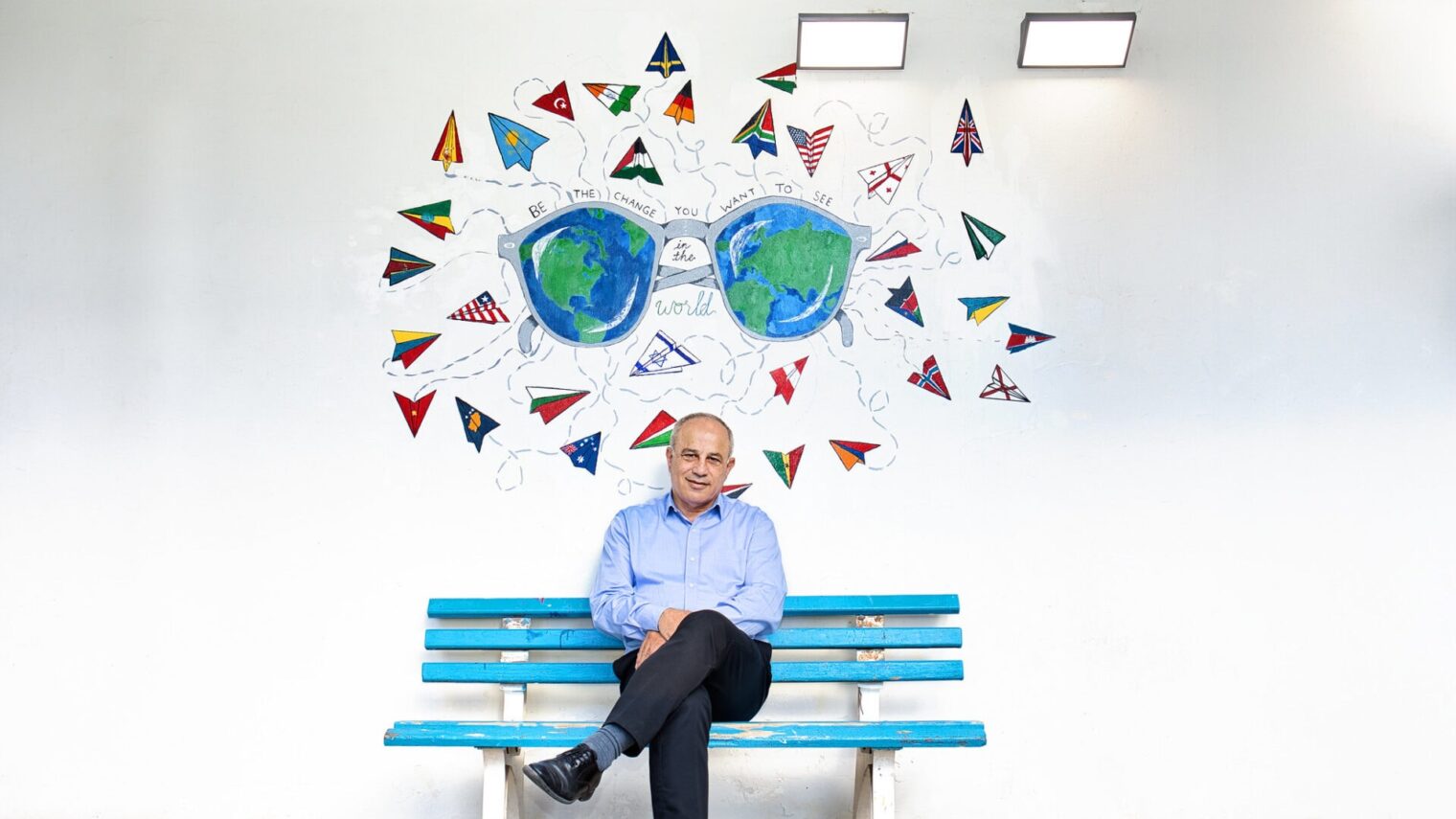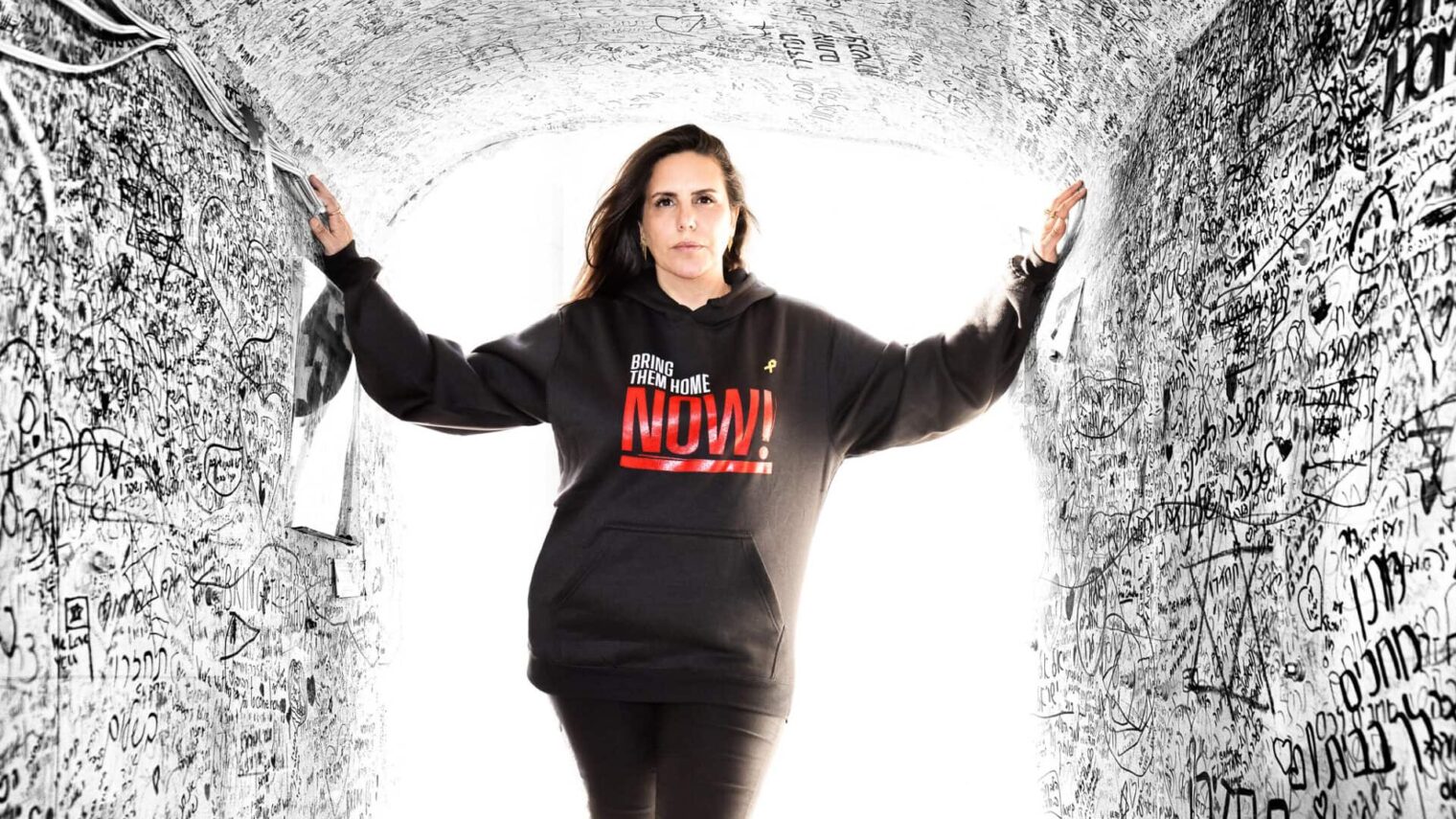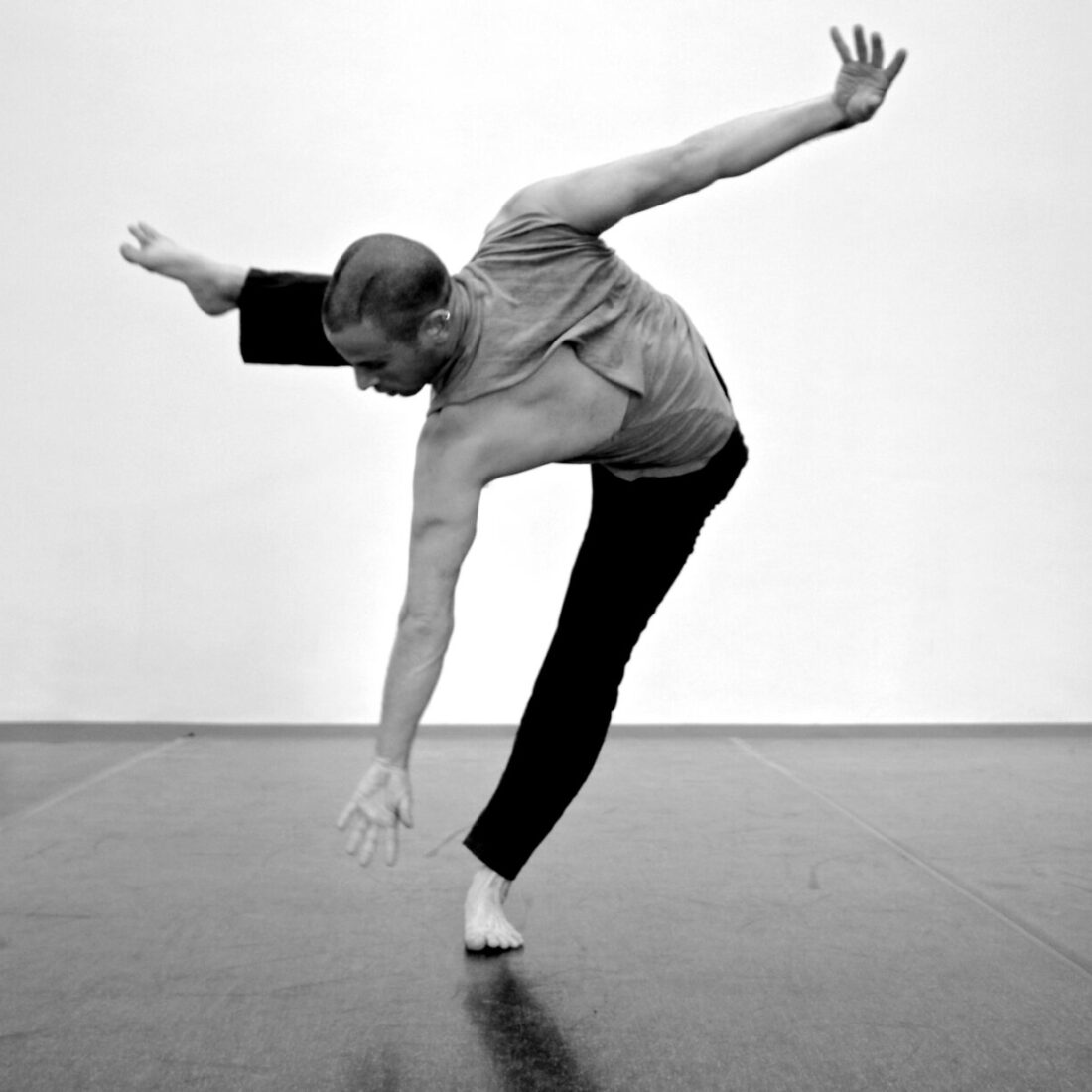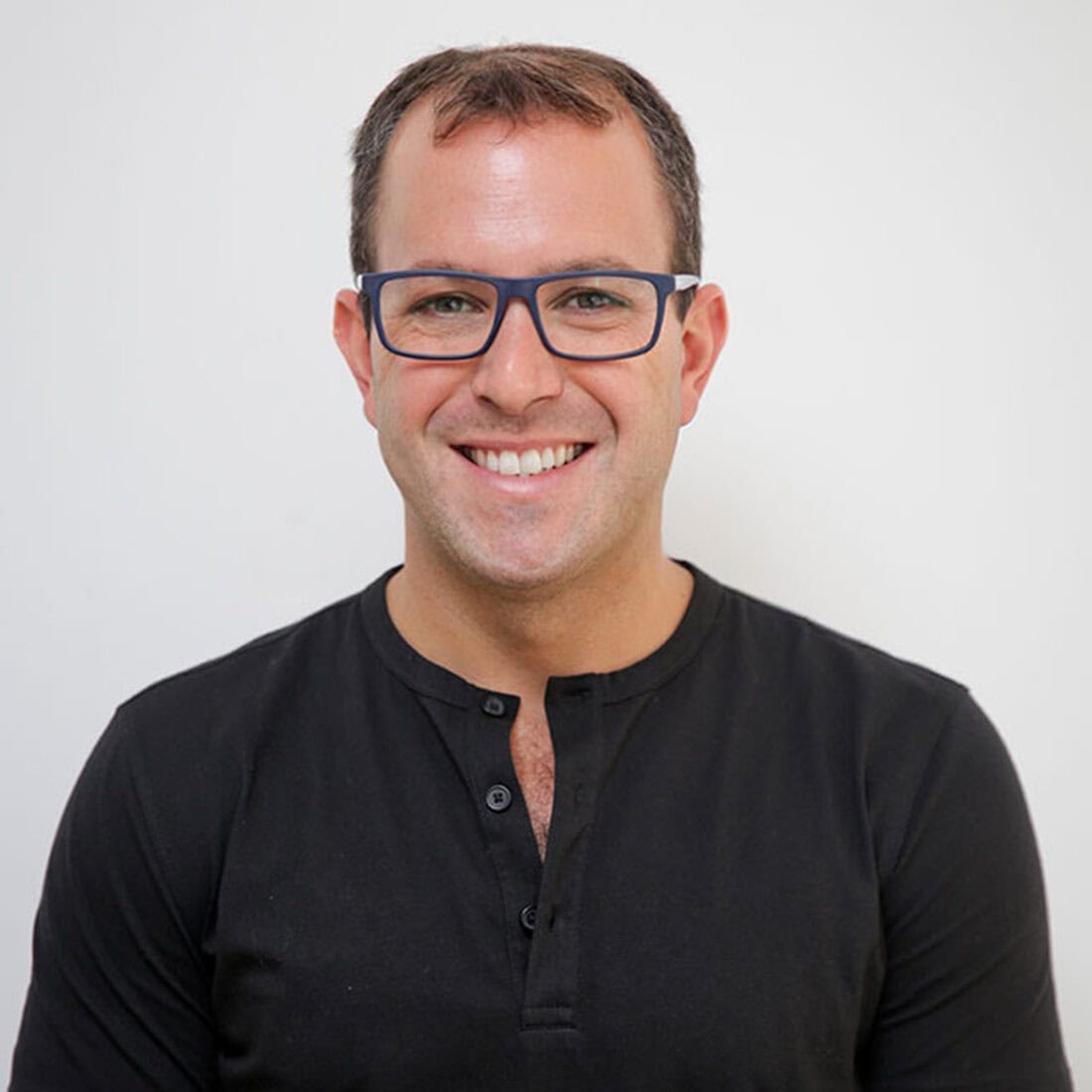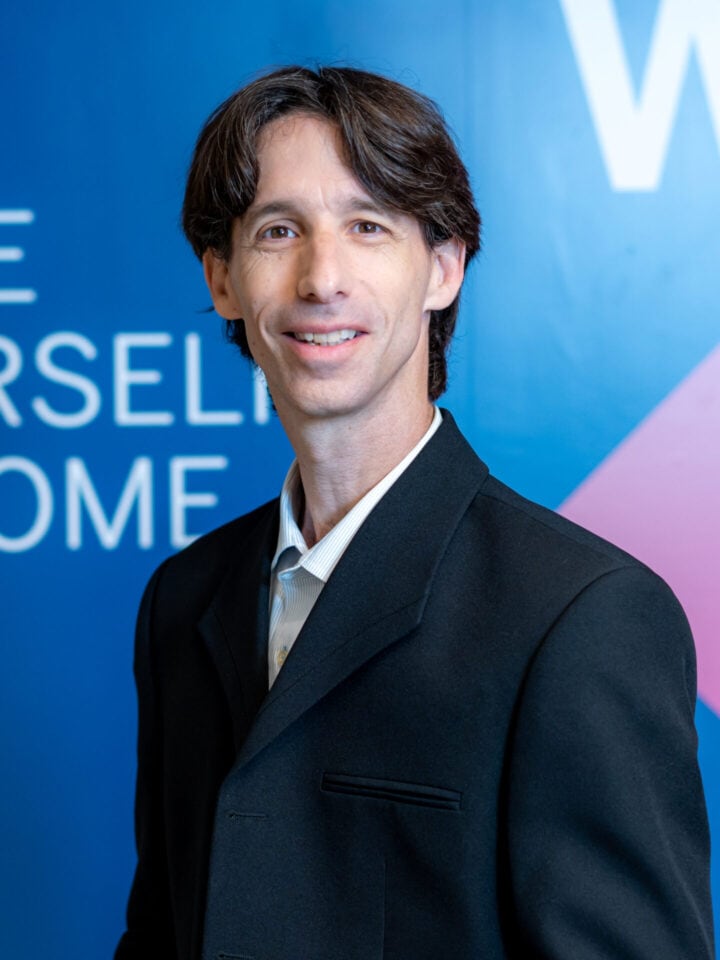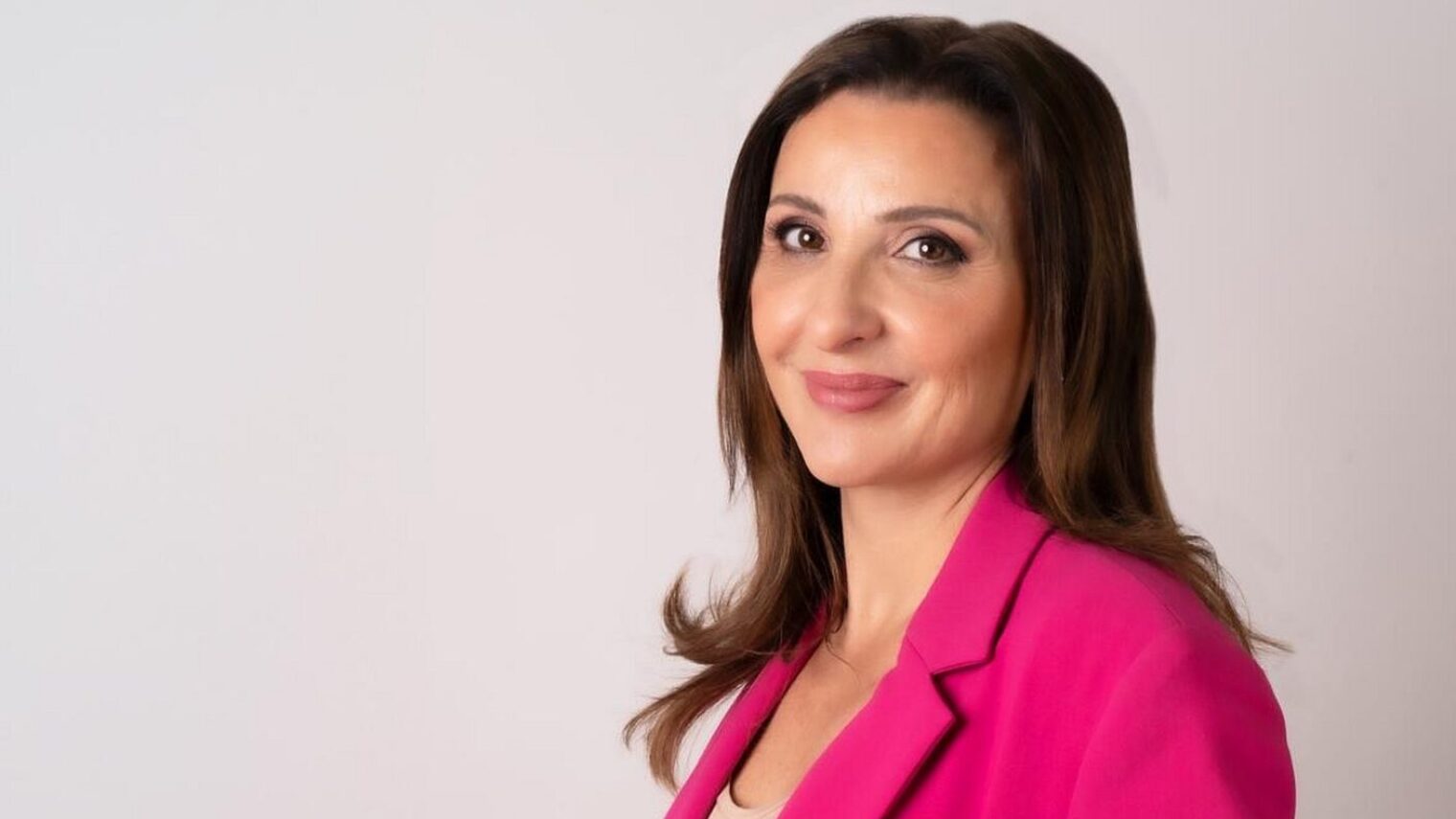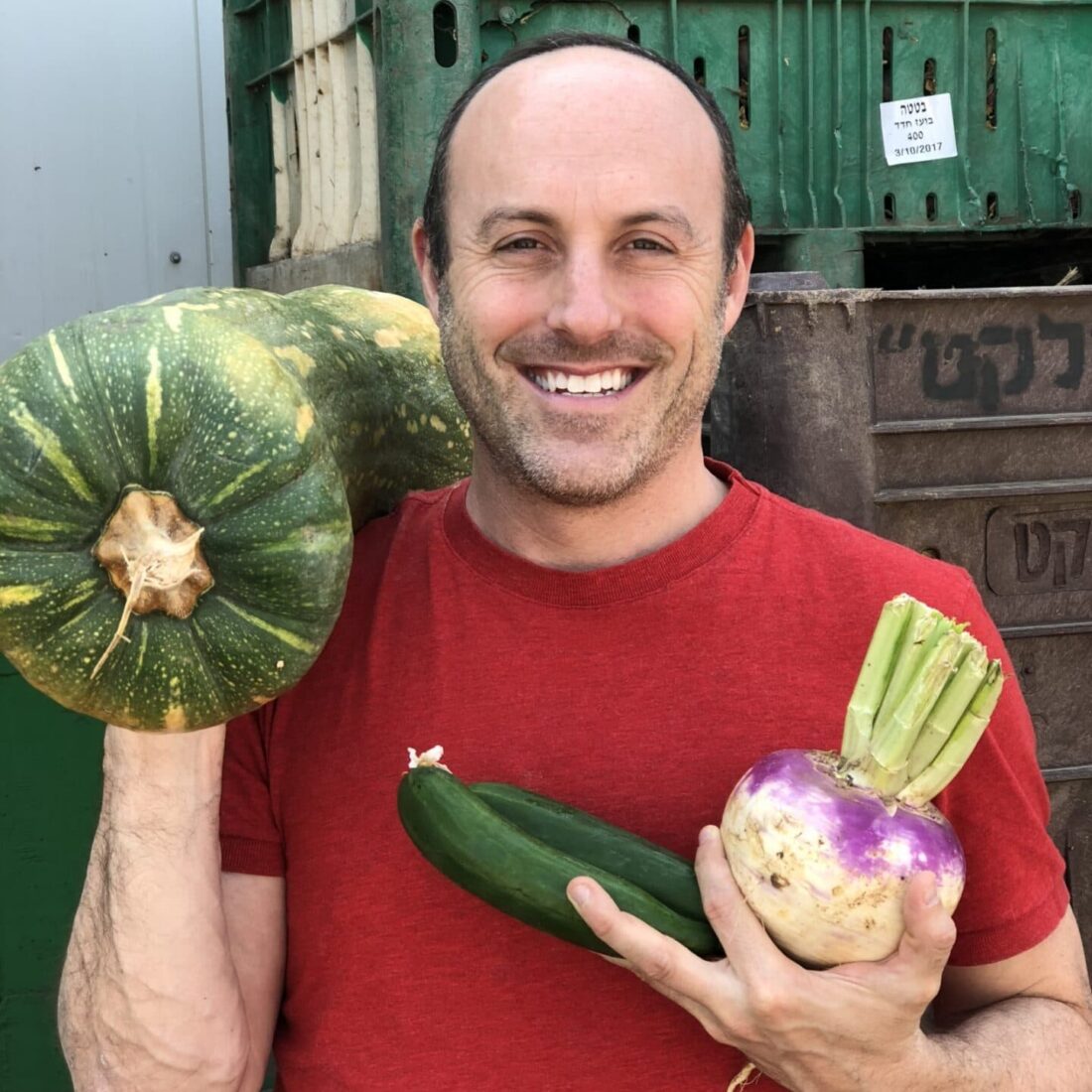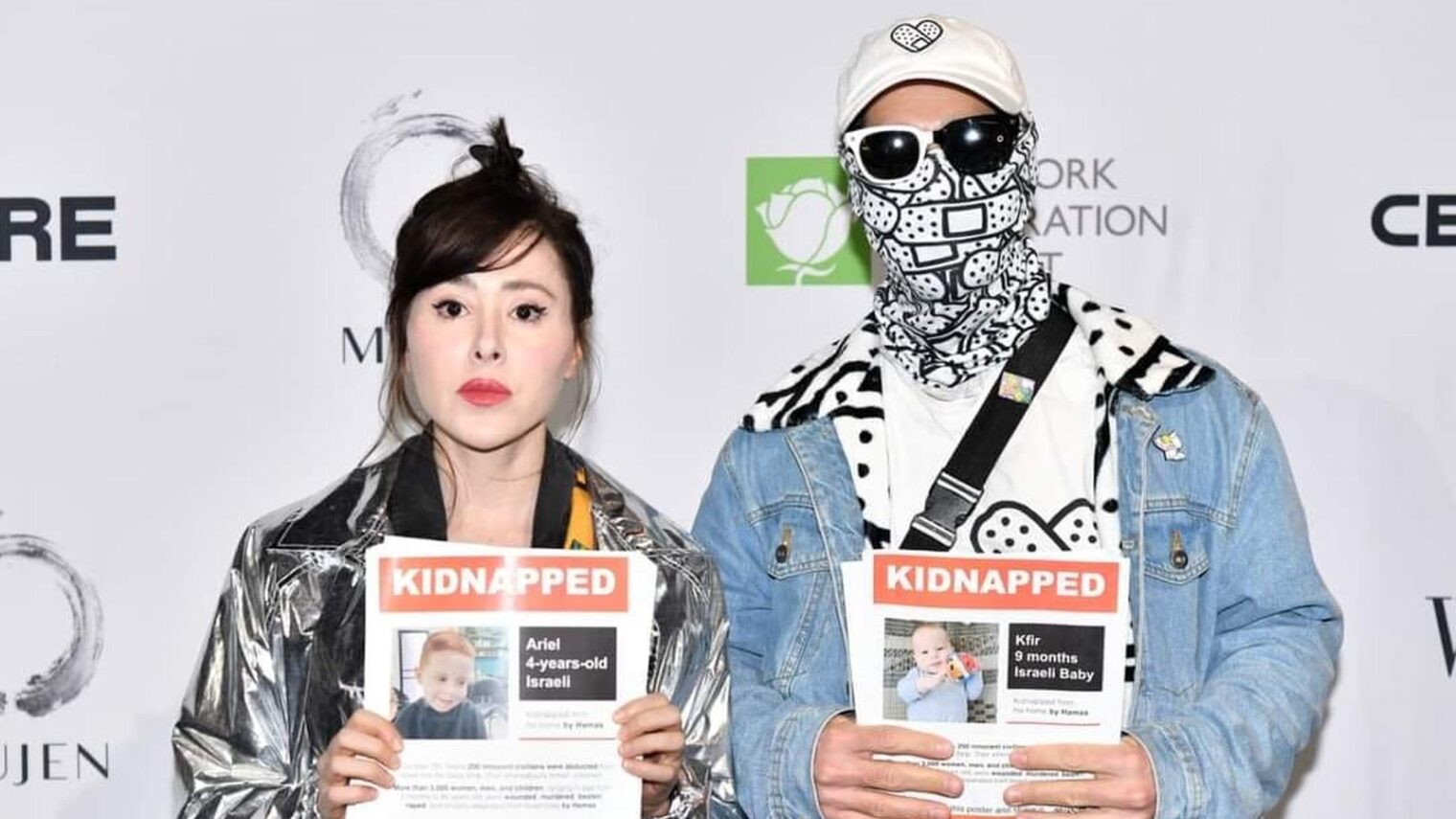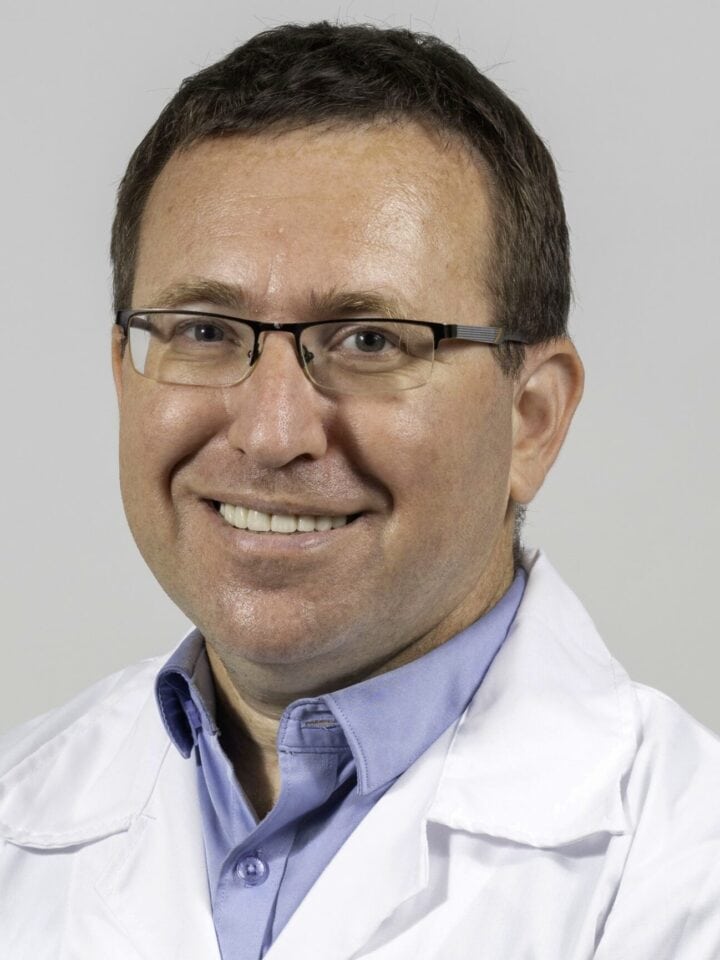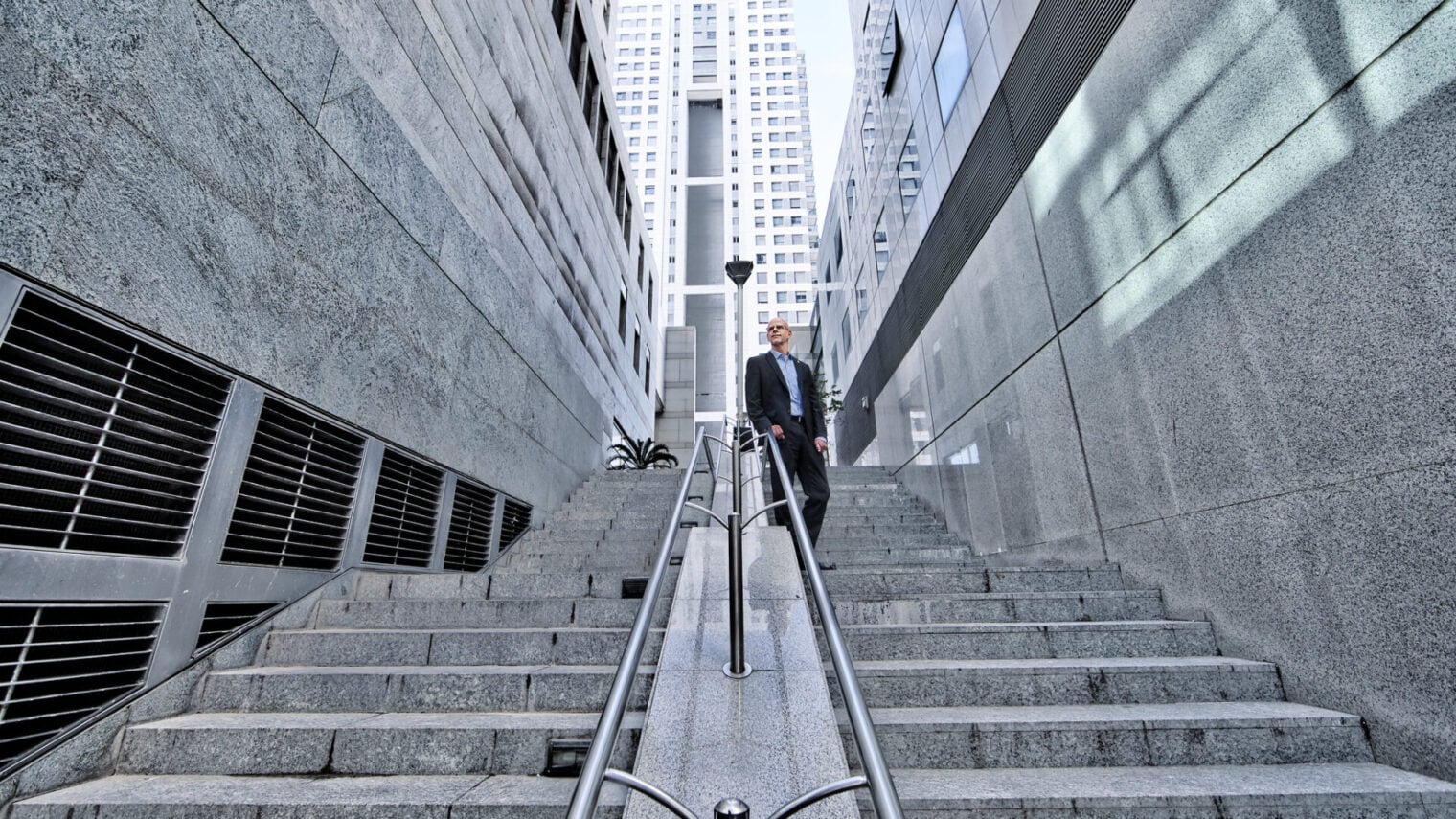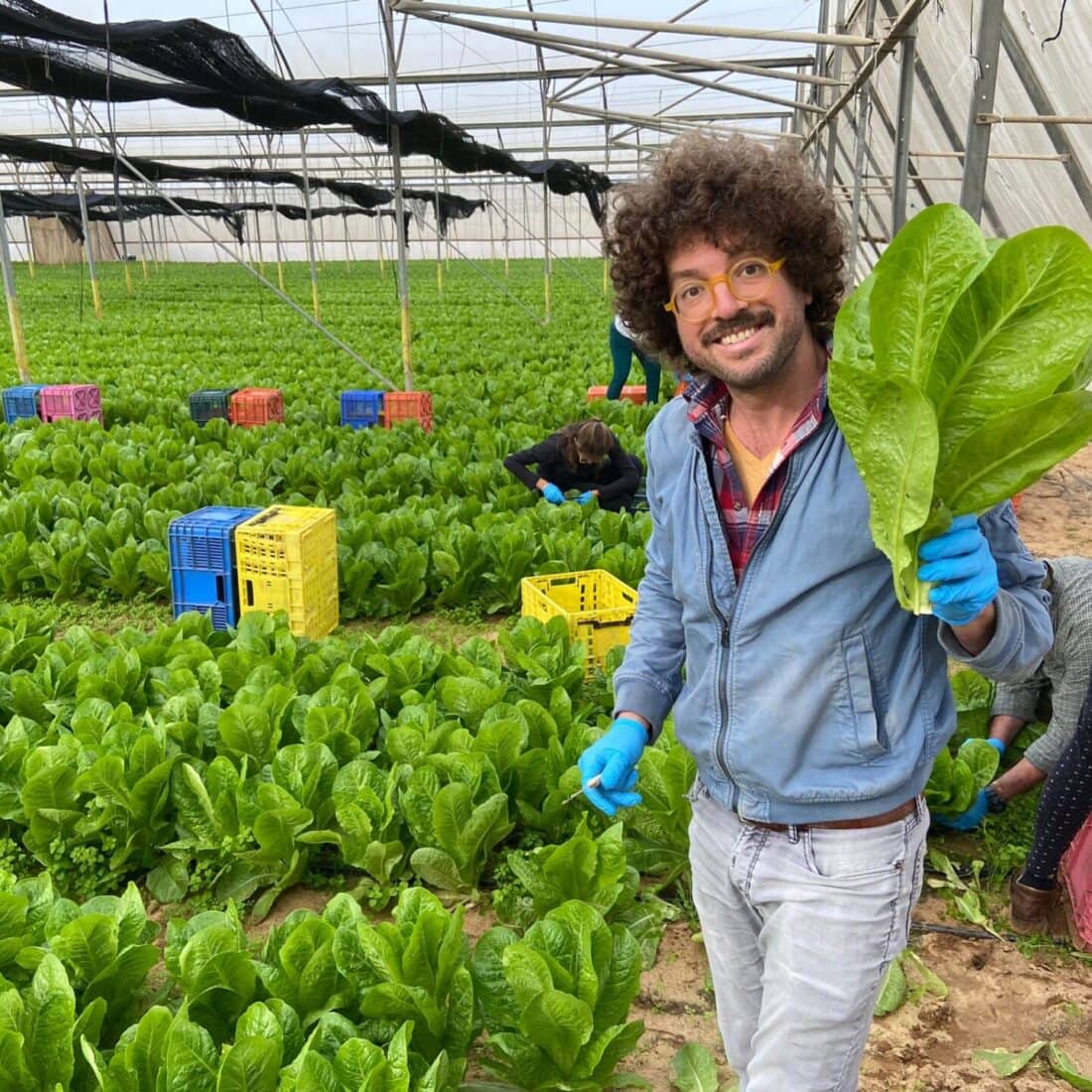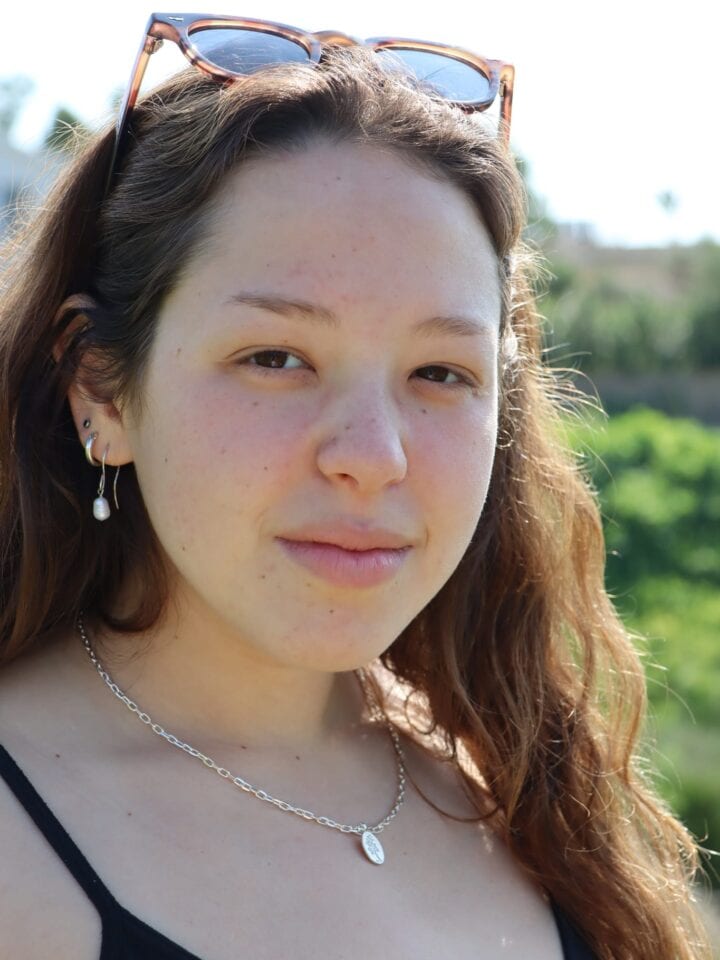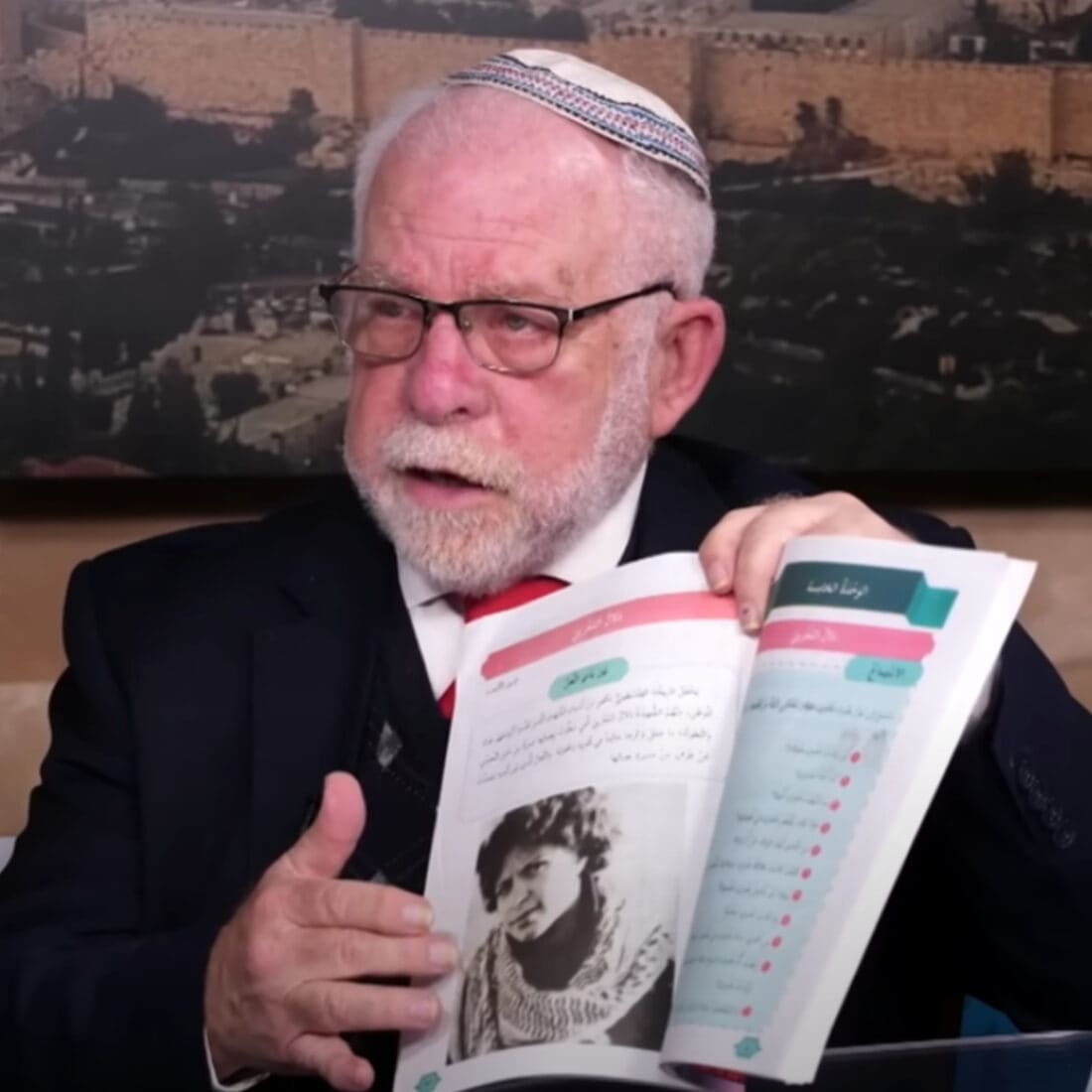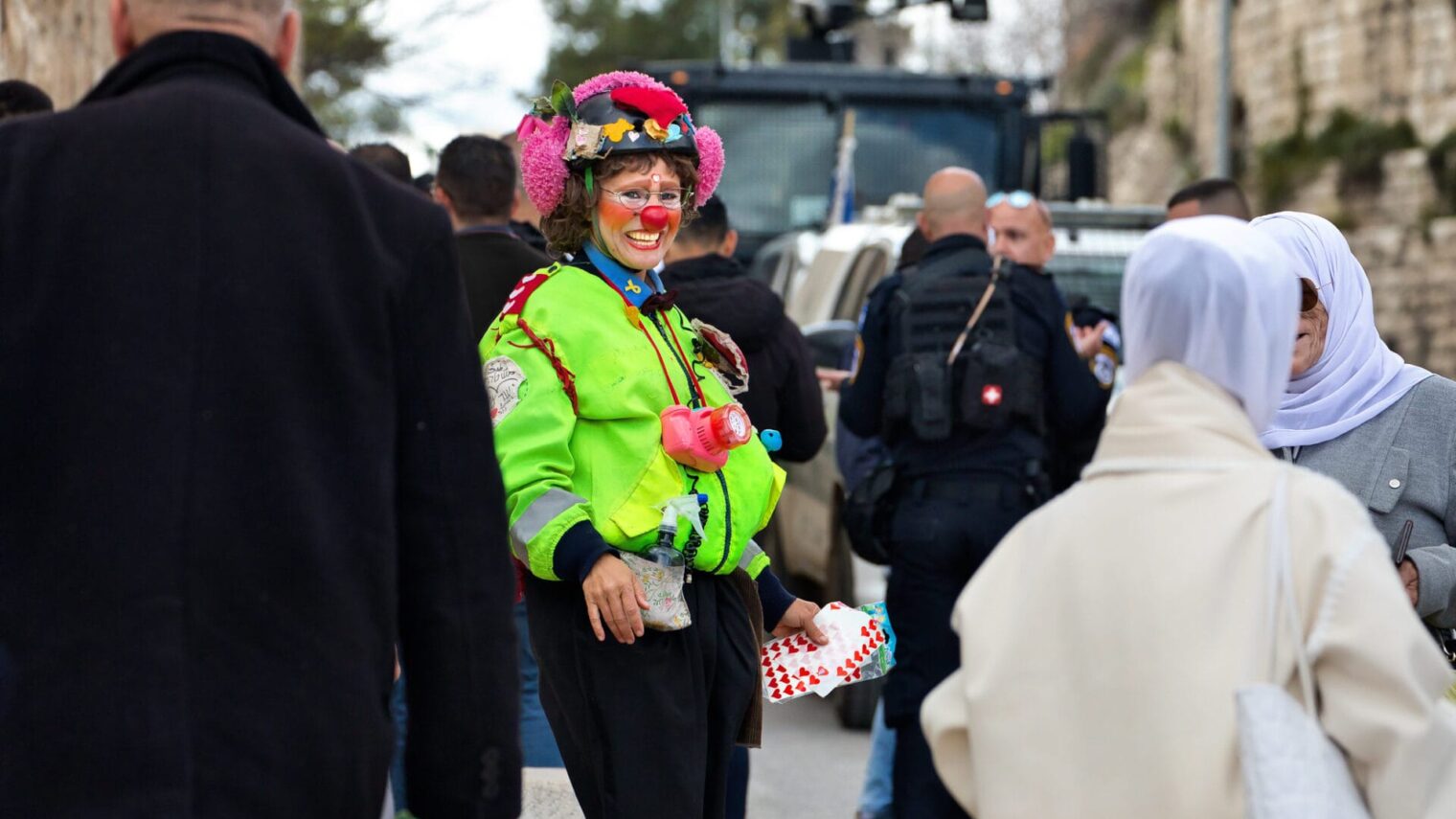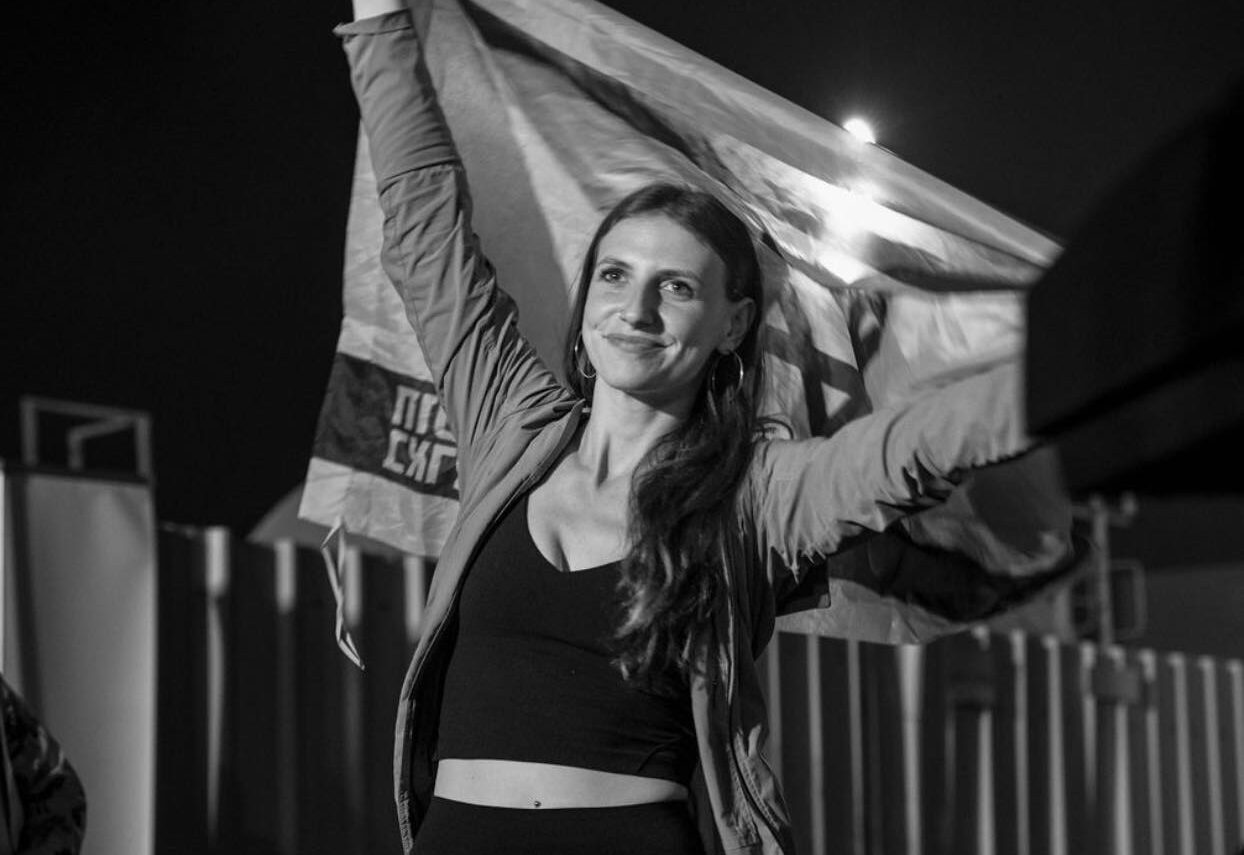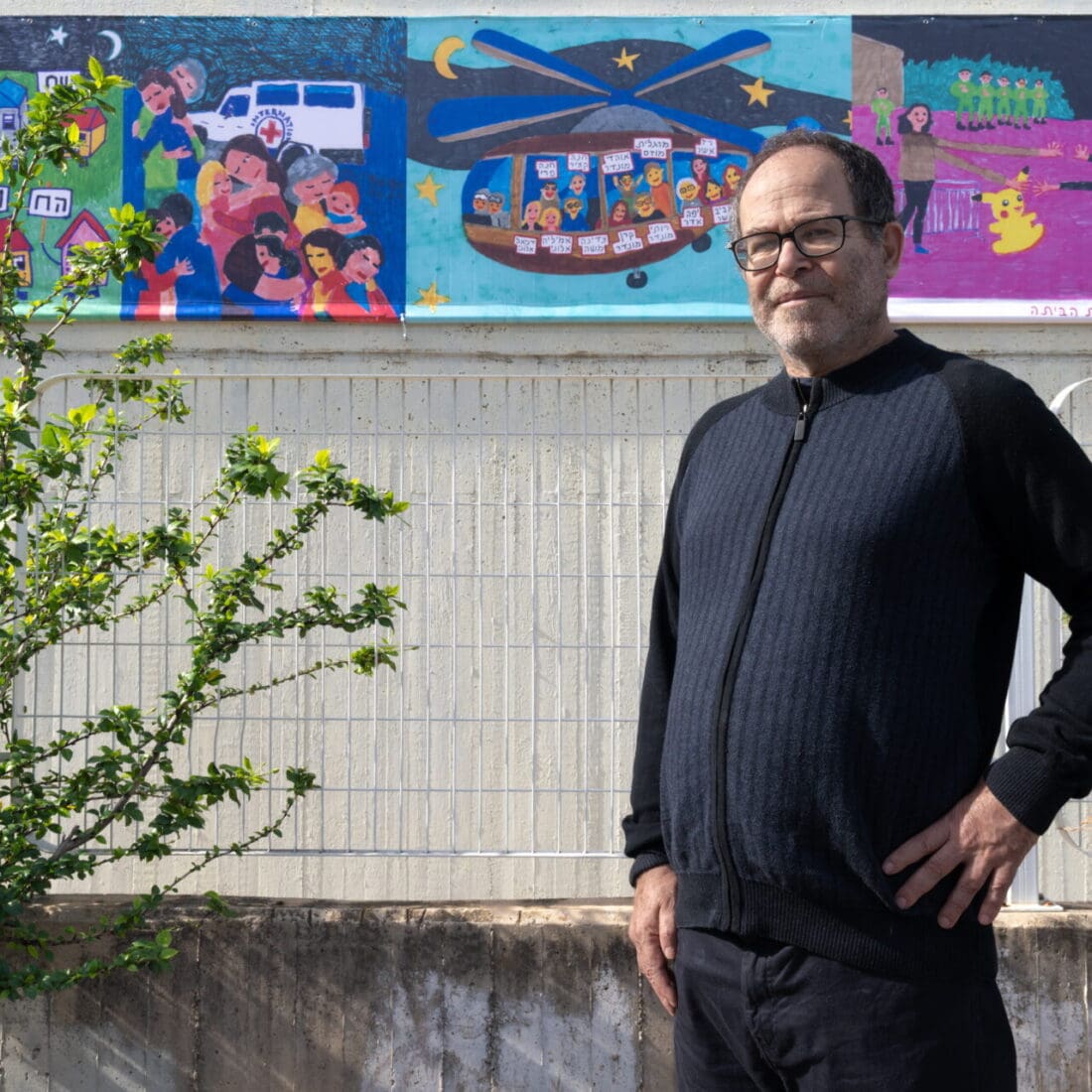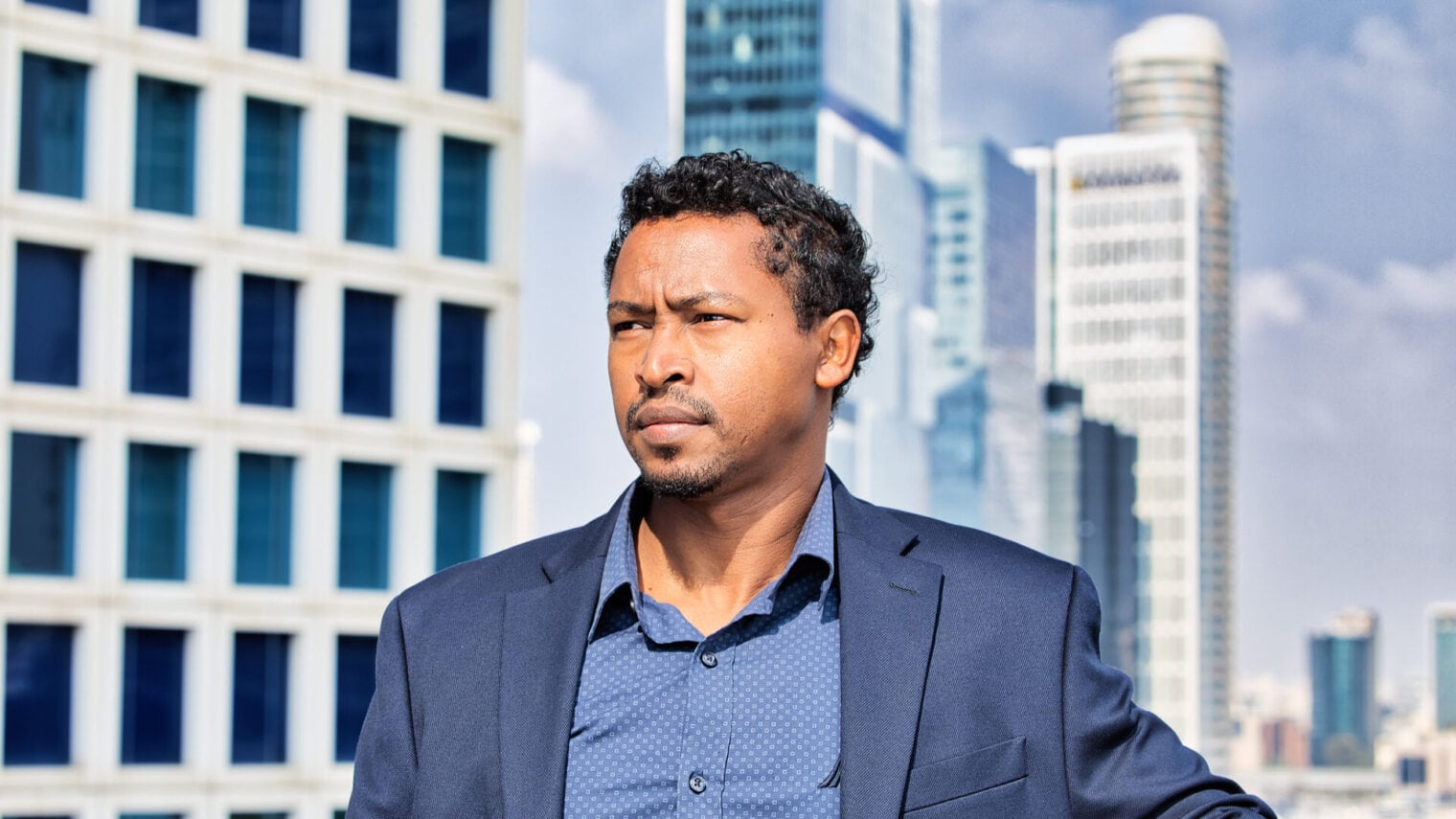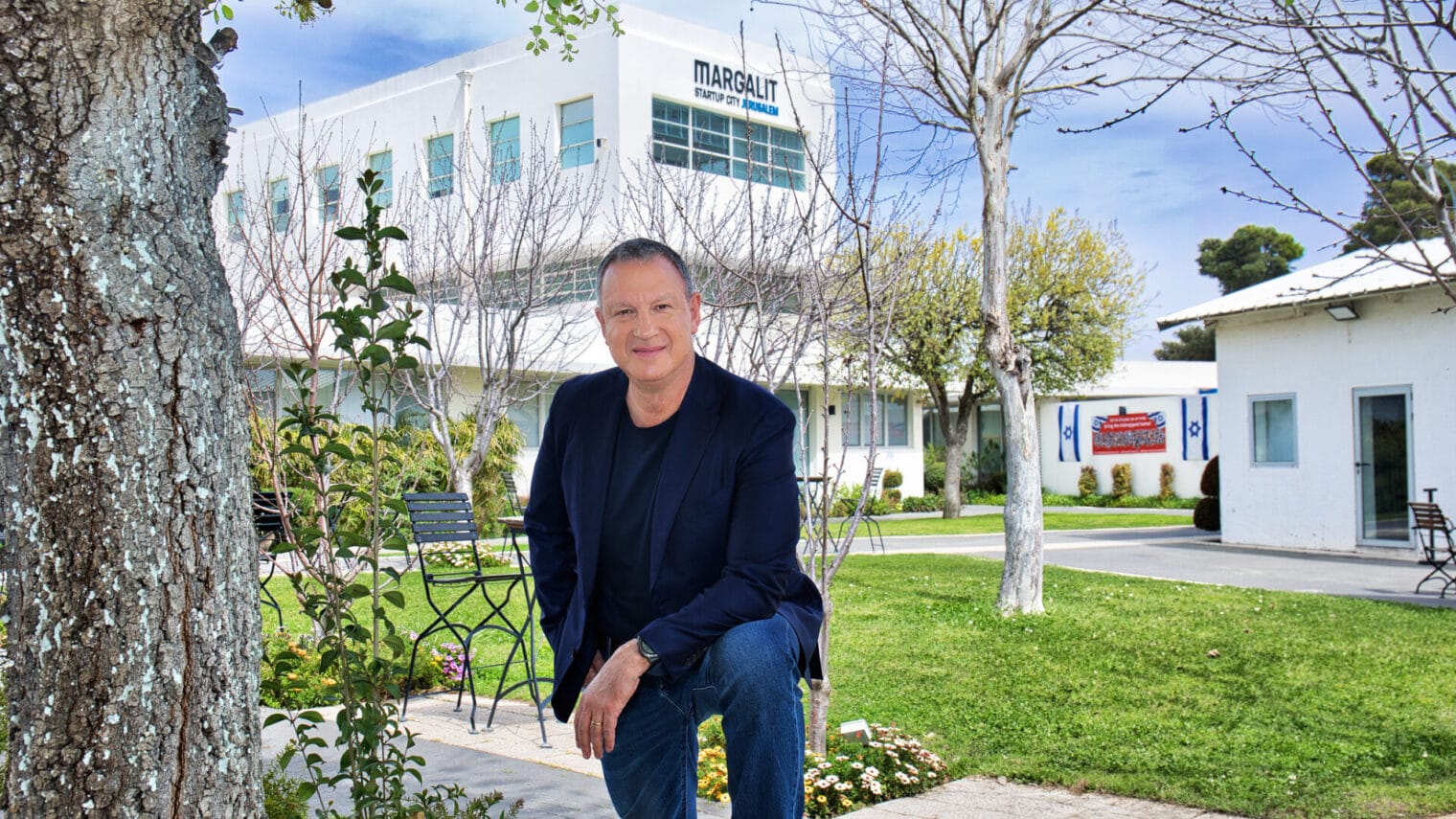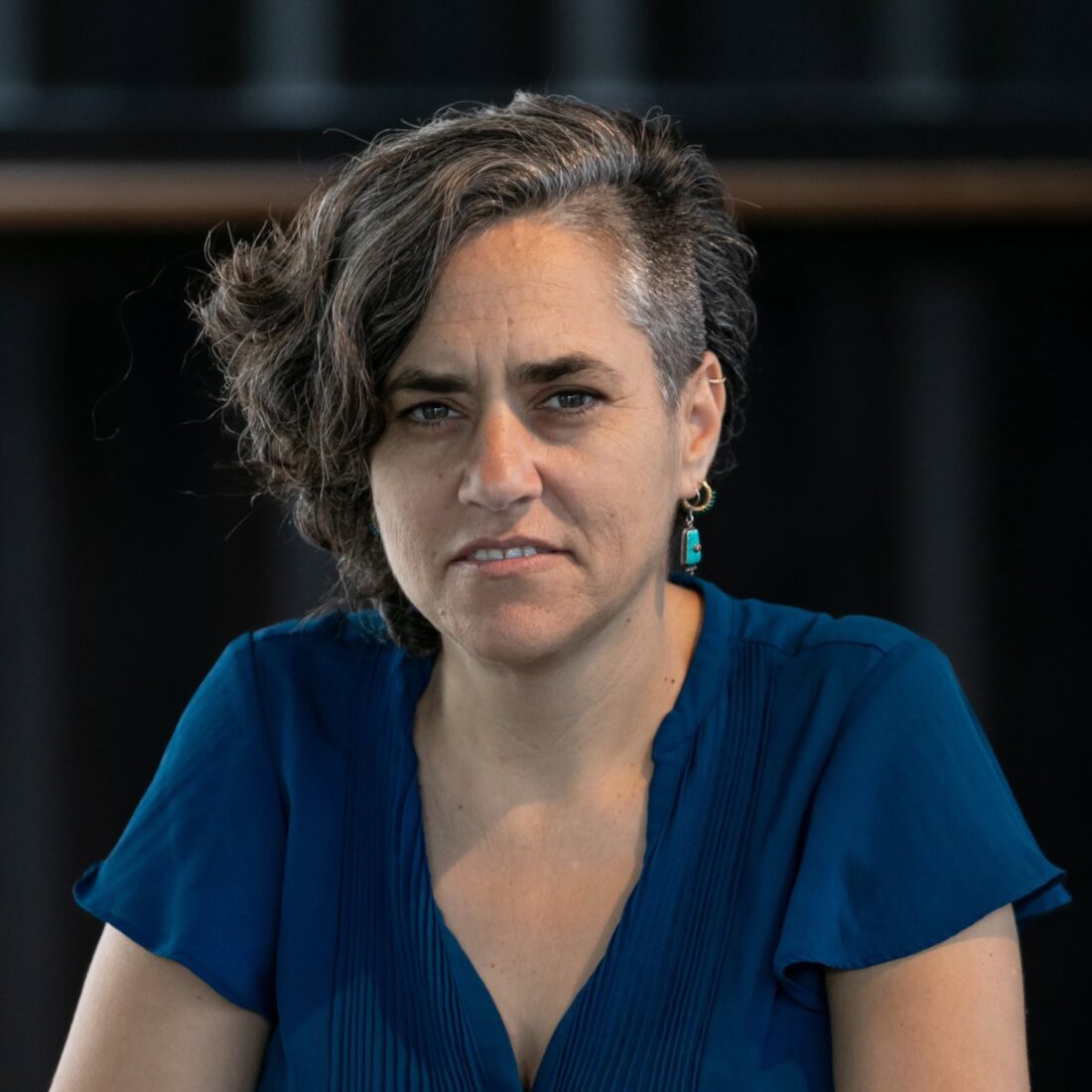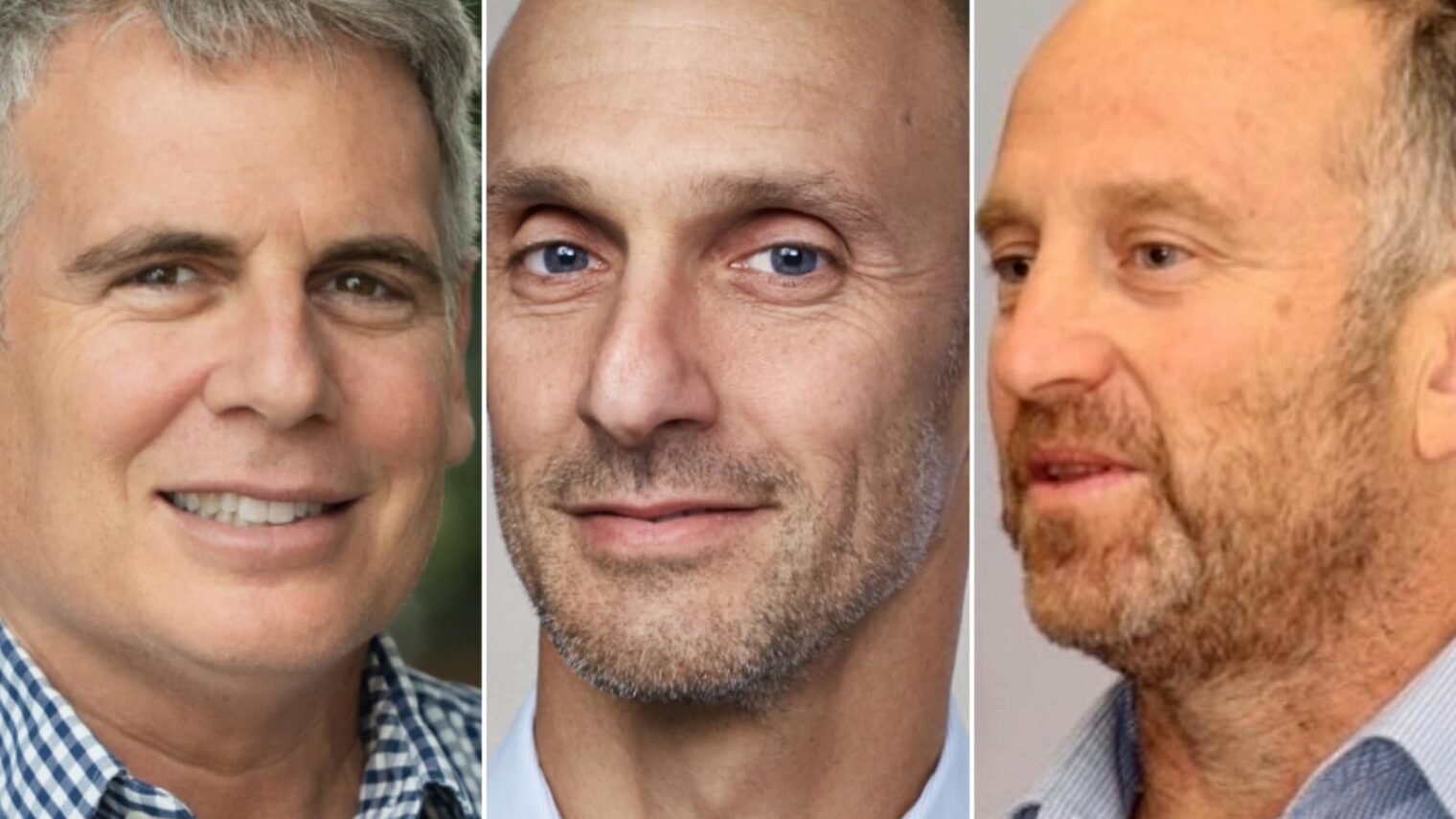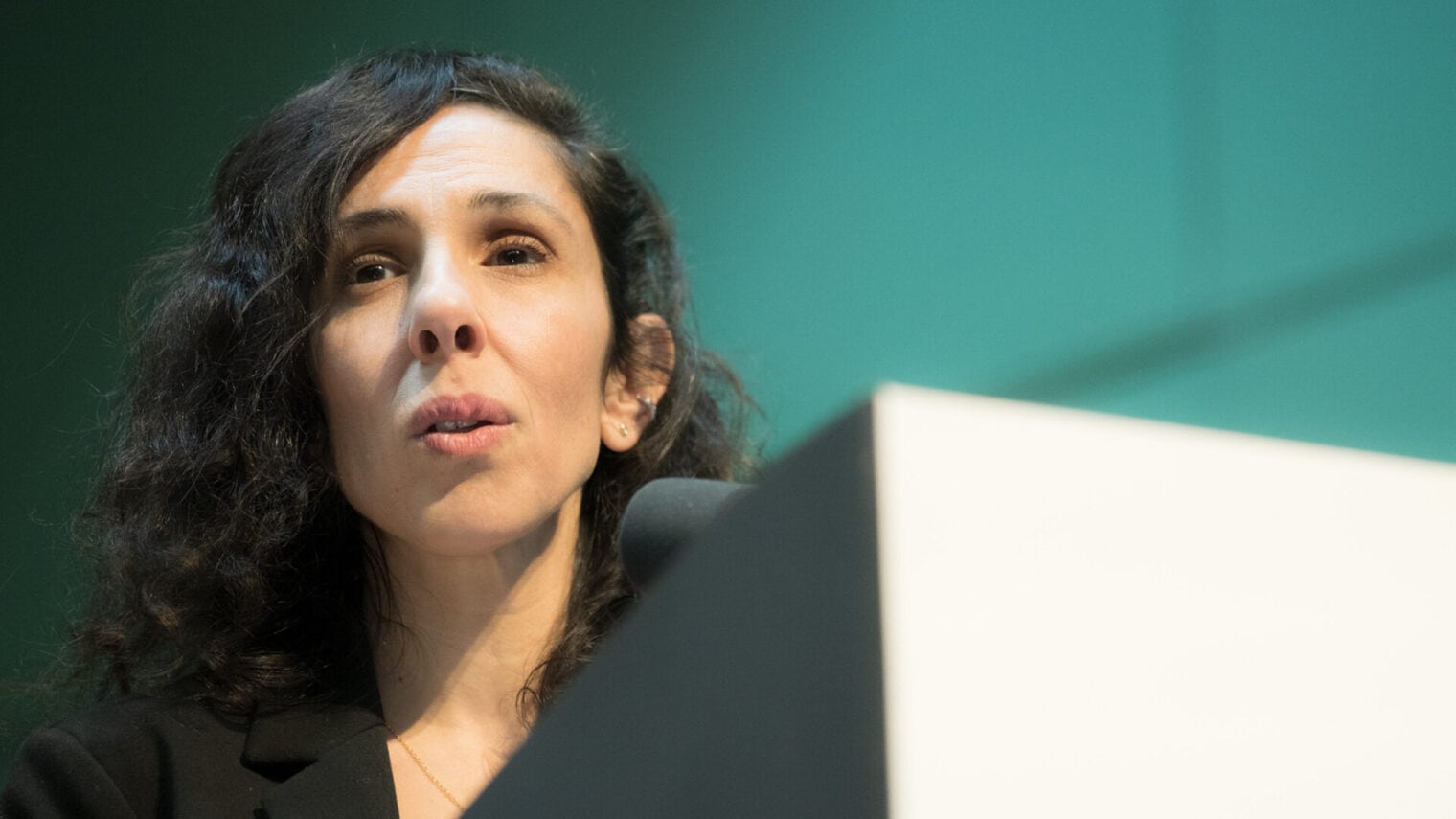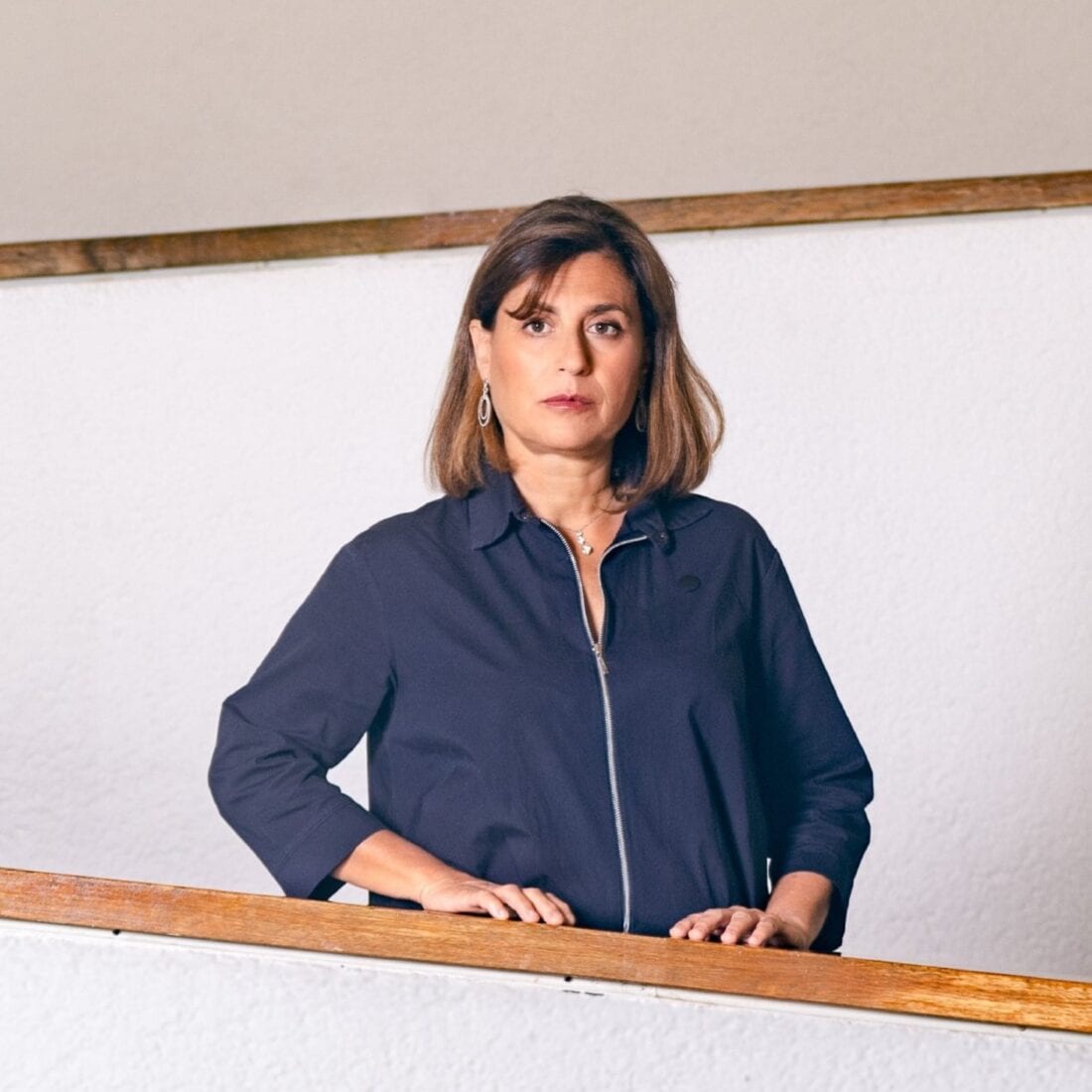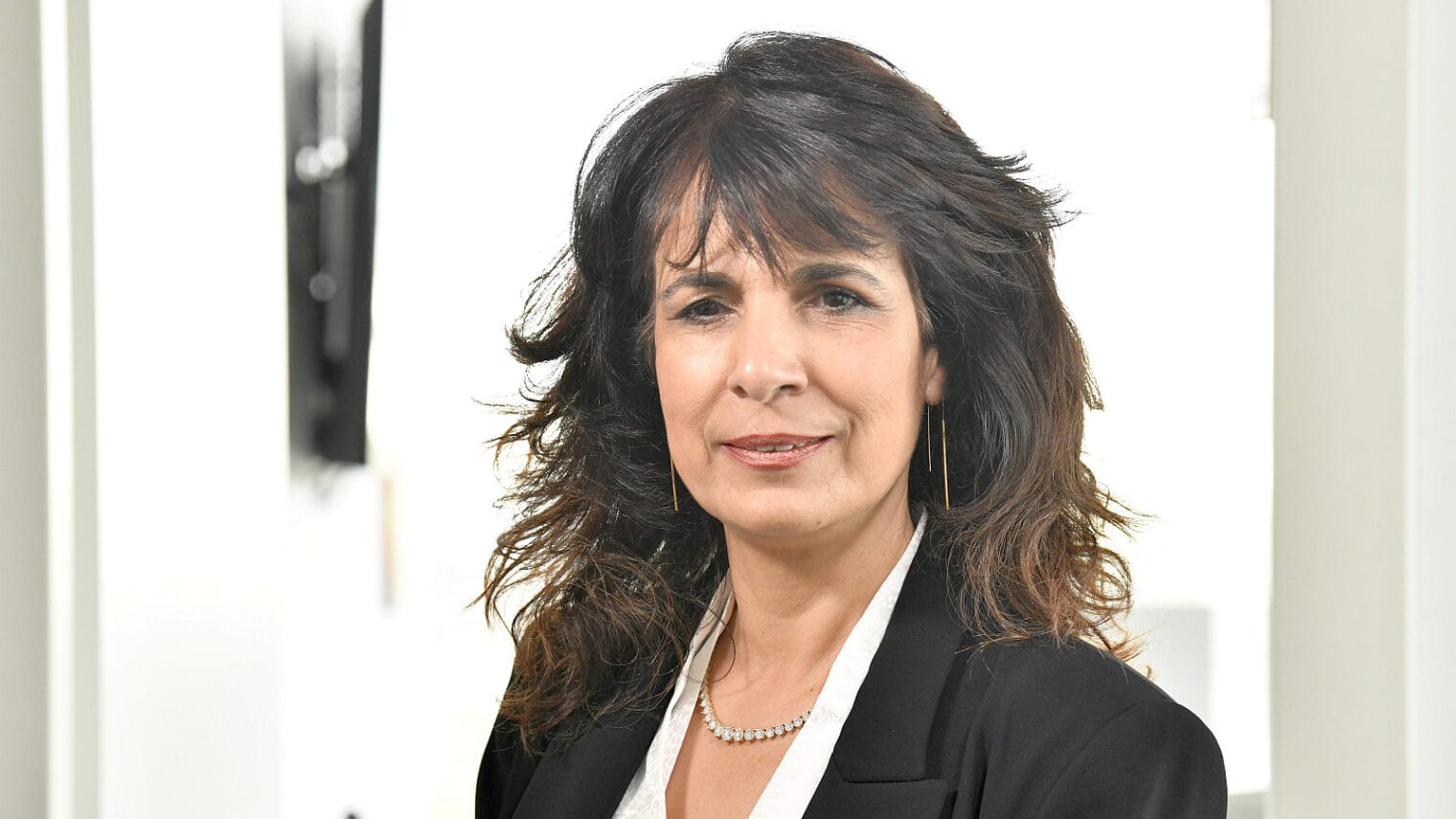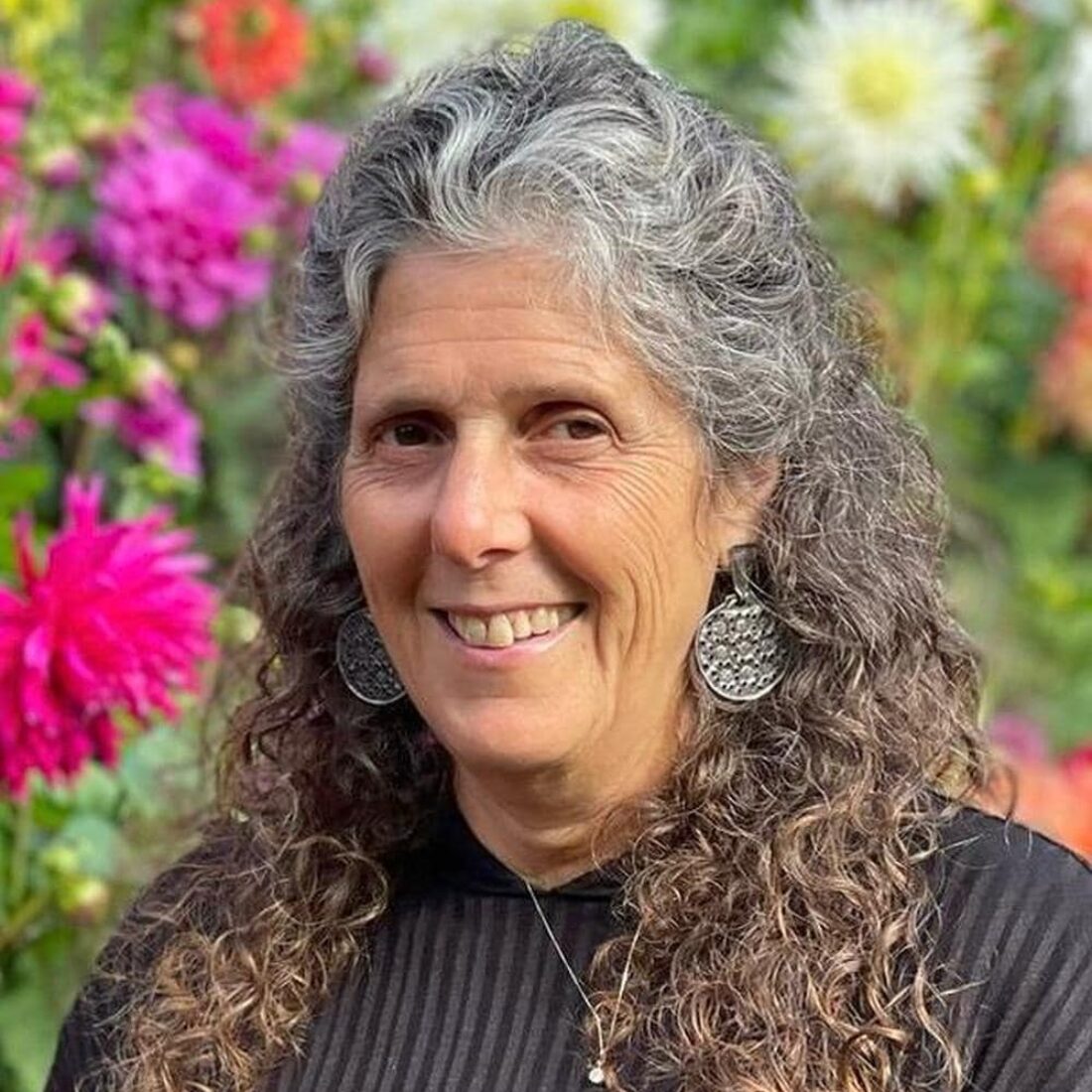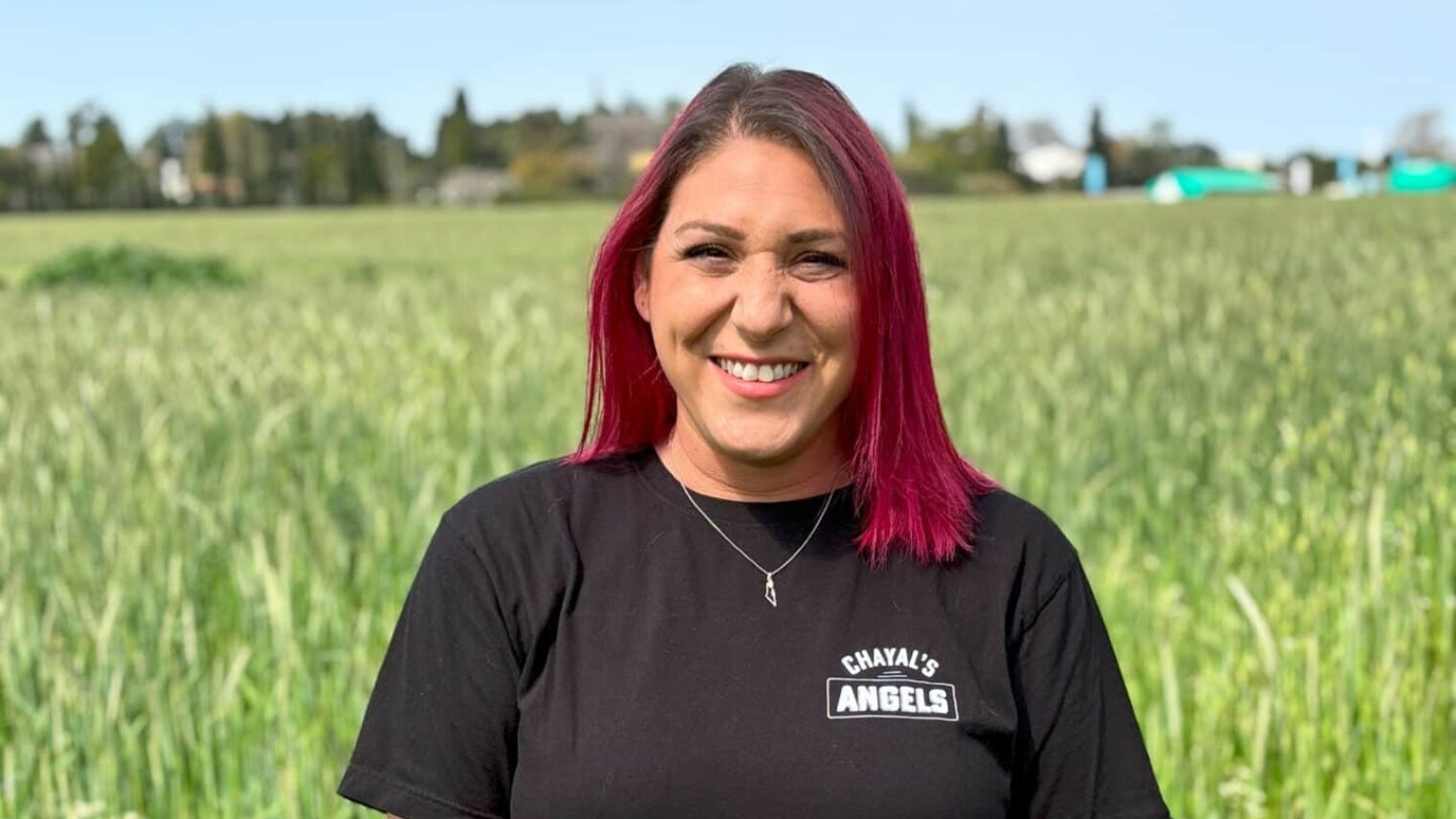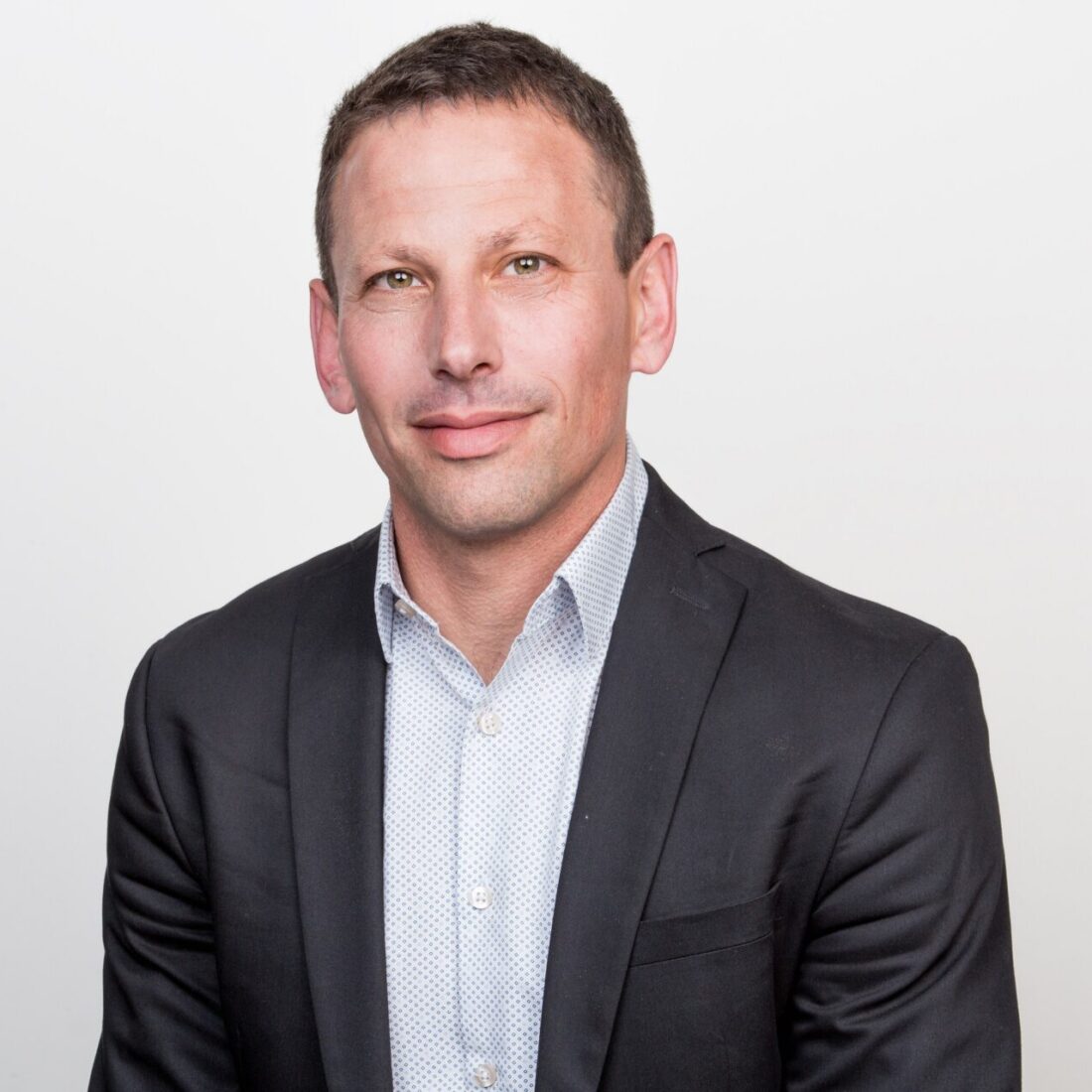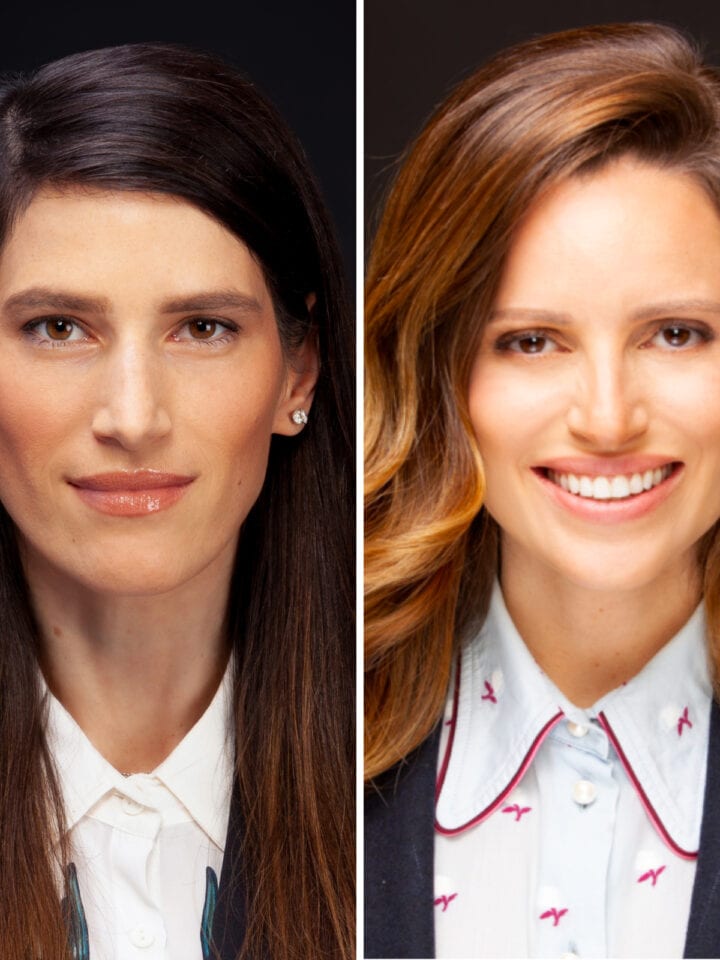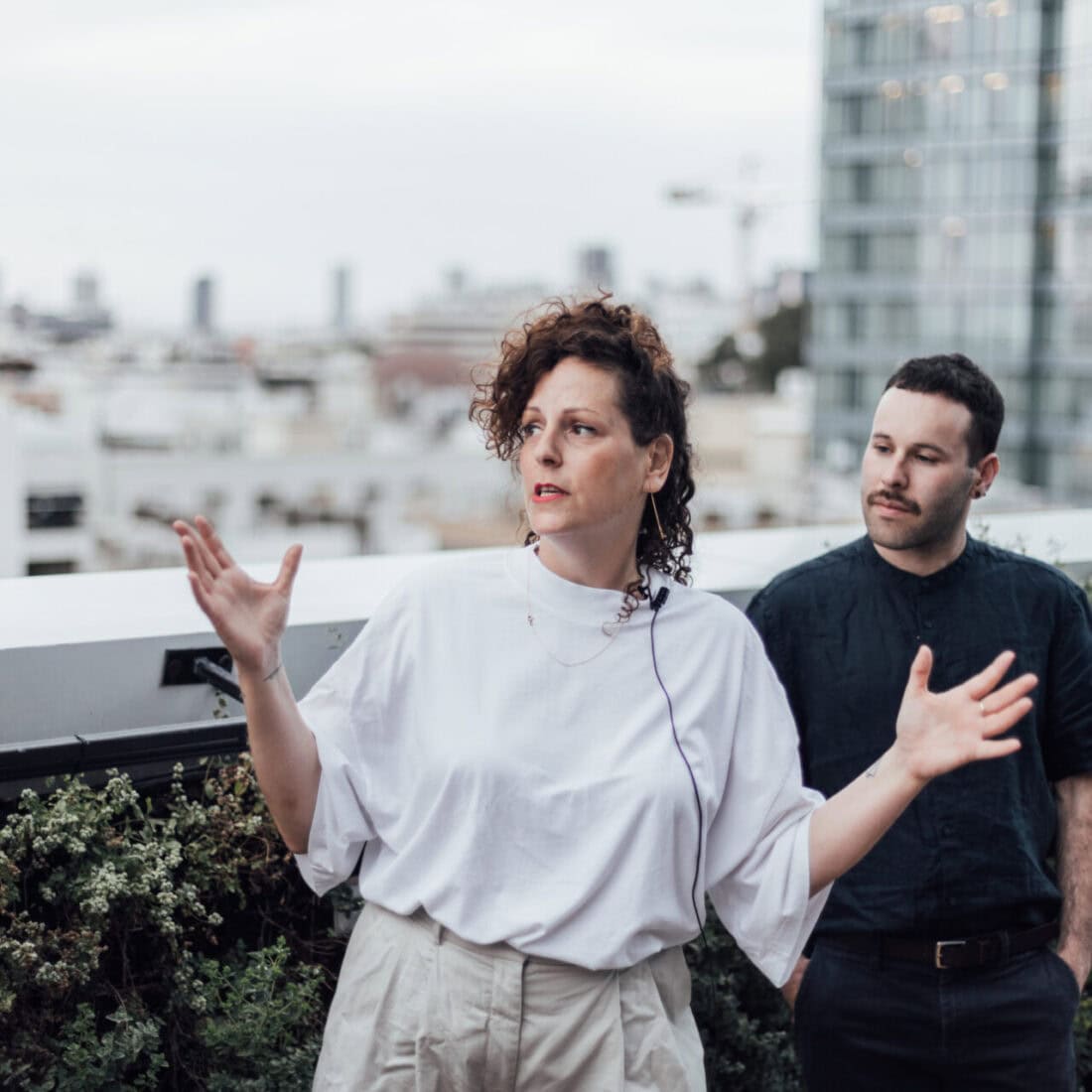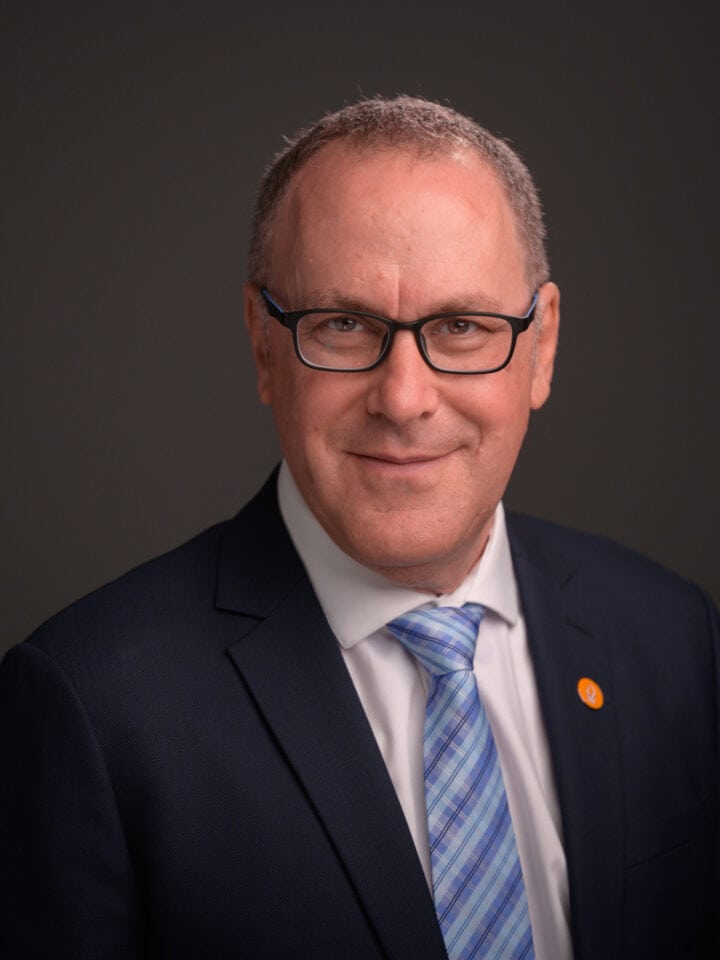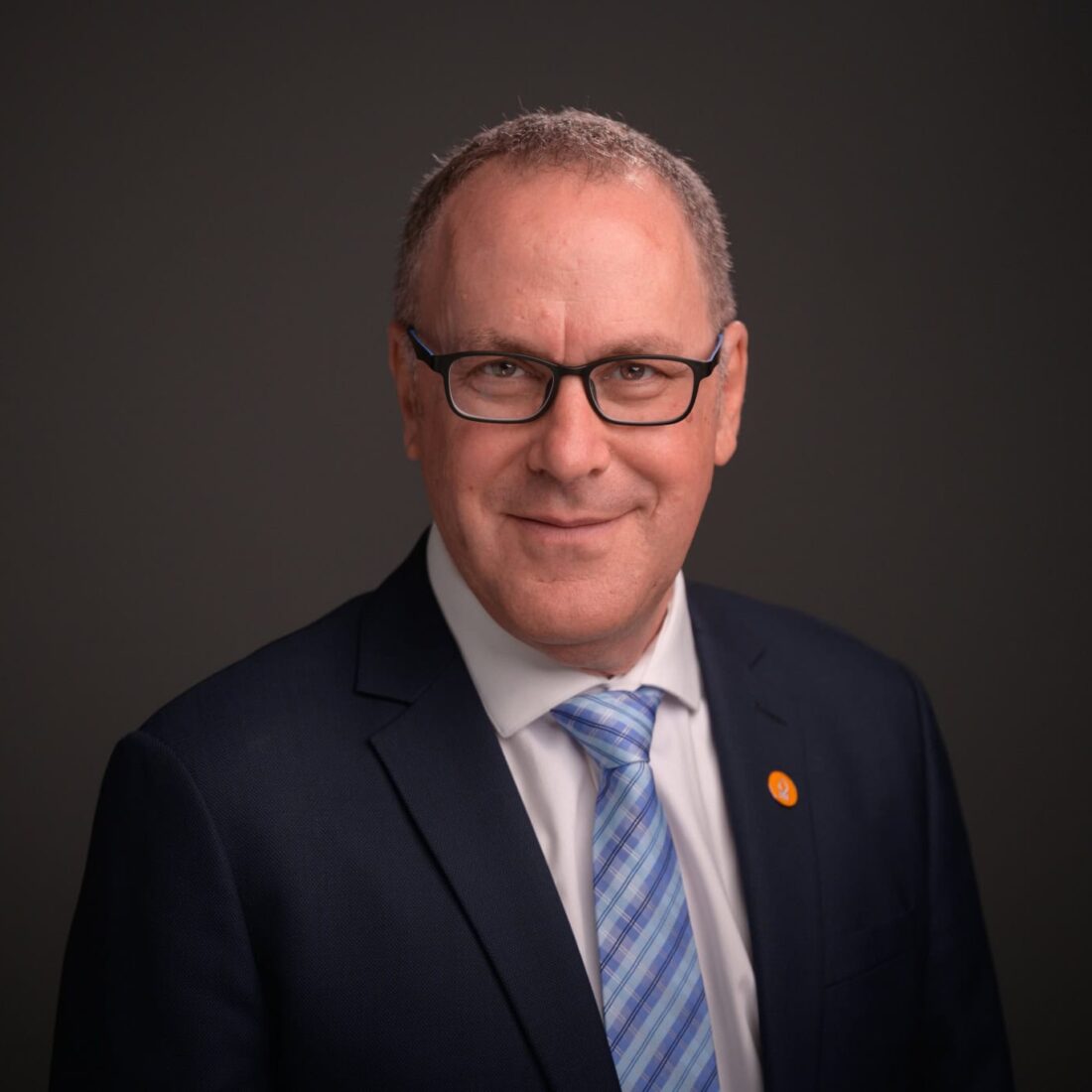My job as president of Ben-Gurion University of the Negev is to lead and inspire. Every day that I drive through the gates of the university, I am acutely aware of the responsibility I have in fulfilling the dreams of [first Israeli Prime Minister] David Ben-Gurion.
Envisioning a “Hebrew Oxford in the Negev,” he prophesized back in 1955 that this future university would “play a key role in turning the Negev into a flourishing region through scientific research and technological advancements,” while building a more just and inclusive society in one of Israel’s most challenging regions.
This is what we have been doing since our founding 54 years ago.
Like most Israelis, I was resting on the Simchat Torah holiday when the sirens sounded on that awful morning of October 7th. By 8am I was meeting with university leadership to ensure the safety of our campuses.
On that day and in its aftermath, over 100 members of the Ben-Gurion University community were murdered or killed in action. The immediate and ongoing impacts of this tragedy have been profound.
The task of not giving in to despair, while motivating our community to remain proactive, has been enormous. Consoling the mourners among us and speaking to the parents of our kidnapped student, Noa Argamani, has brought challenges that are almost impossible to articulate.
These experiences have reshaped my understanding of leadership and community resilience. Overcoming these challenges has not been about finding quick fixes, but about fostering a spirit of perseverance and unity in the face of unimaginable grief. It has involved drawing on every reserve of strength and compassion our community possesses, and it has highlighted the critical importance of supporting one another through our darkest times.
We are providing practical support to our students and faculty, particularly those affected directly by the Gaza conflict, such as reservists and their families. Additionally, we prioritize maintaining academic continuity and excellence despite disruptions, ensuring that our students can progress in their studies without compromise.
Moreover, our researchers are developing solutions that not only address immediate challenges — such as security technologies or trauma psychology — but also look toward long-term implications and recovery strategies.
“Recognizing that we can be both strong and broken allows us to face reality with honesty and courage.”
By fostering collaborations across disciplines and with international partners, we amplify our impact, turning adversity into a catalyst for innovation and growth. This approach not only supports our local community but contributes globally, reinforcing the role of academia in leading societal advancement during times of crisis.
Acknowledging and embracing the duality of our experiences — recognizing that we can be both strong and broken — allows us to face reality with honesty and courage, fostering a supportive community where everyone feels validated in their feelings and struggles.
By encouraging open dialogue, supporting each other’s wellbeing, and fostering a collaborative environment, we build collective strength. Emphasizing adaptability and innovation in response to challenges, while remaining committed to our shared mission and values, reinforces our resilience. Together, we can navigate this complex time by balancing our vulnerabilities with our strengths.
We at the university are deeply committed to rebuilding and revitalizing not only our local community in the Negev but also contributing to the broader fabric of Israeli society. We are leveraging our research capabilities and academic expertise to address critical challenges facing our country today, particularly in fields like trauma medicine, cybersecurity and sustainable development.
Our community’s role in reconstruction extends through innovative projects and partnerships with industry and government to drive economic development and social cohesion in the region. For example, the Advanced Technologies Park on our campus is a hub where academia, industry and the military collaborate to produce cutting-edge research and technology, driving economic growth and creating jobs.
Furthermore, we emphasize community engagement and social responsibility among our students and staff. Through volunteer programs and initiatives, we are providing psychological assistance, educational support and social services work to those affected by the war. This hands-on involvement is a crucial component of our mission to not only educate but actively participate in the societal healing and rebuilding process.
The broader historical narrative of resilience and renewal, as embodied in the stories of the Jewish people, reminds me of our capacity to overcome adversity. This historical context gives me a profound sense of responsibility and a reminder of the enduring human spirit’s capacity to prevail.
I envision a future where the Negev is not only a hub for cutting-edge research and technological advancements but also a model of coexistence and integration for diverse communities, including Jews and Bedouins. Our efforts are geared towards making the Negev a place where sustainable development and ecological innovation go hand in hand with fostering strong, inclusive communities.
I hope that our initiatives in the Negev will catalyze broader regional cooperation and peace. The university’s role in facilitating dialogue and collaboration among different groups can serve as a beacon for broader geopolitical relationships in the Middle East.
Ultimately, I envision this moment as a turning point that propels us toward a future where education, research and community engagement are at the forefront of societal development, driving sustainable growth and positive change that resonates well beyond our own borders.





